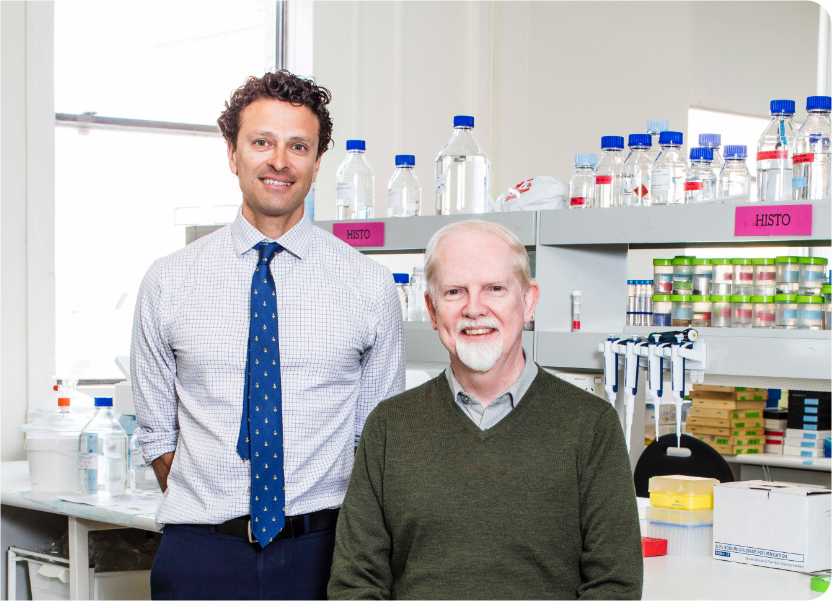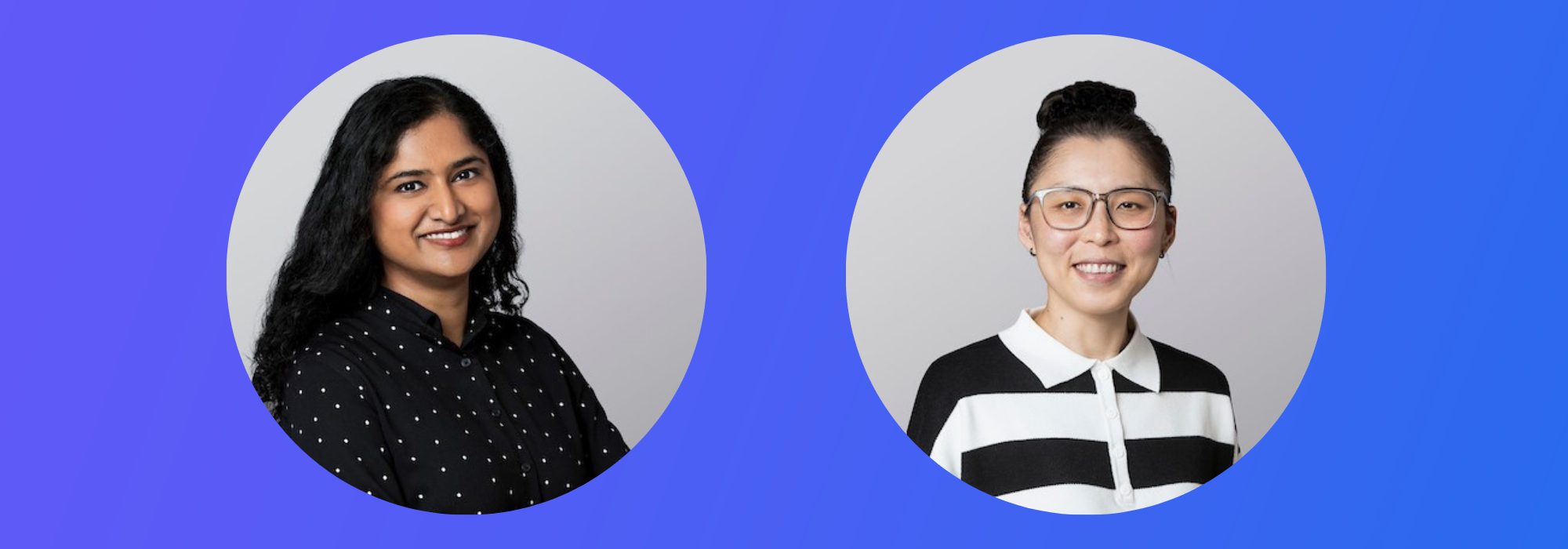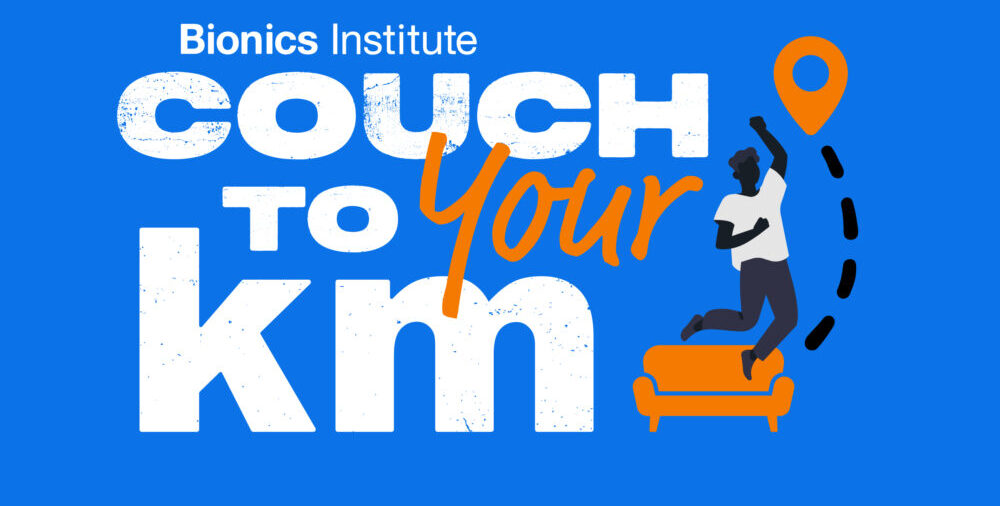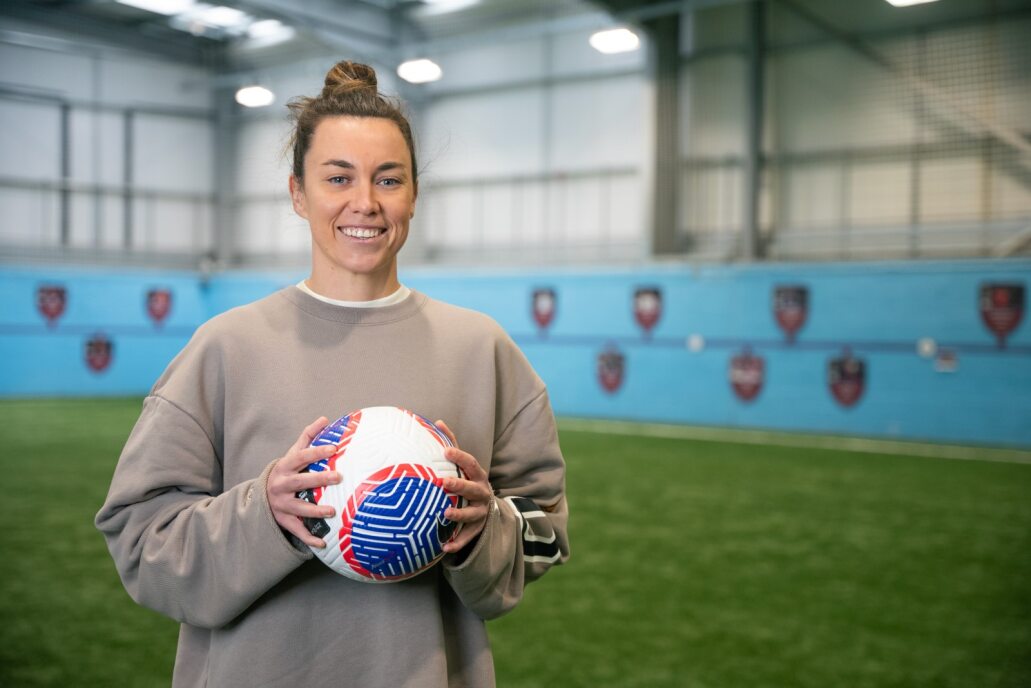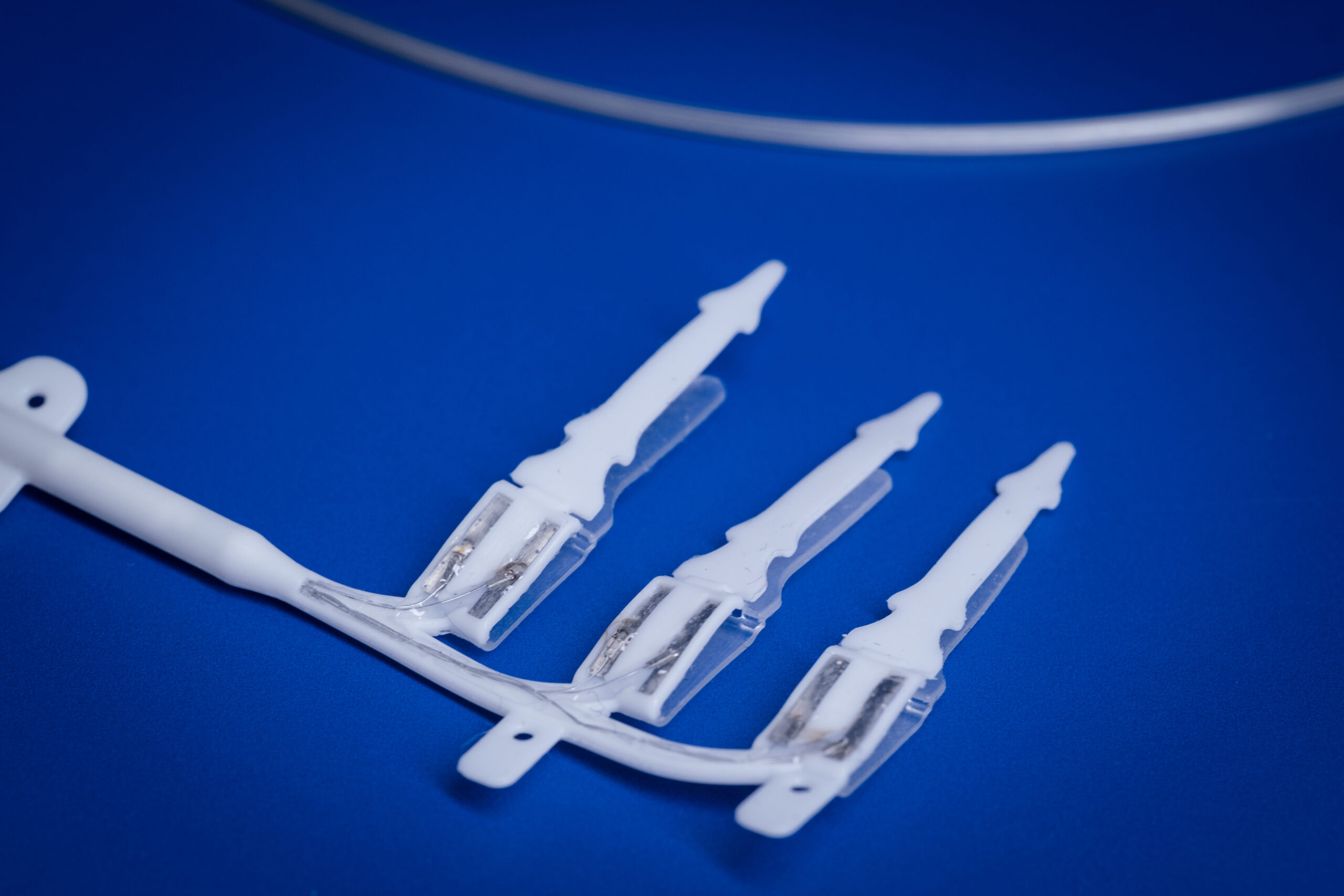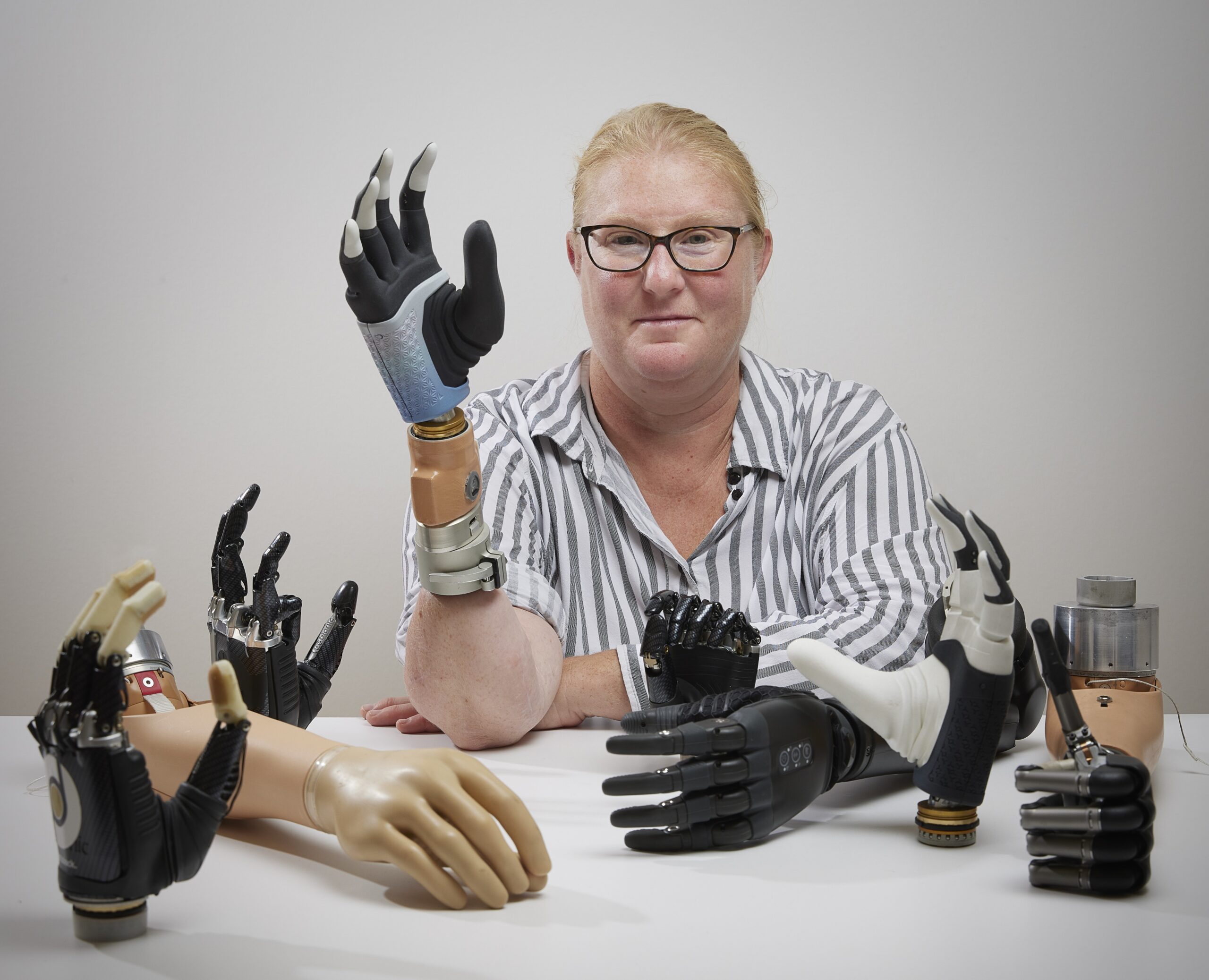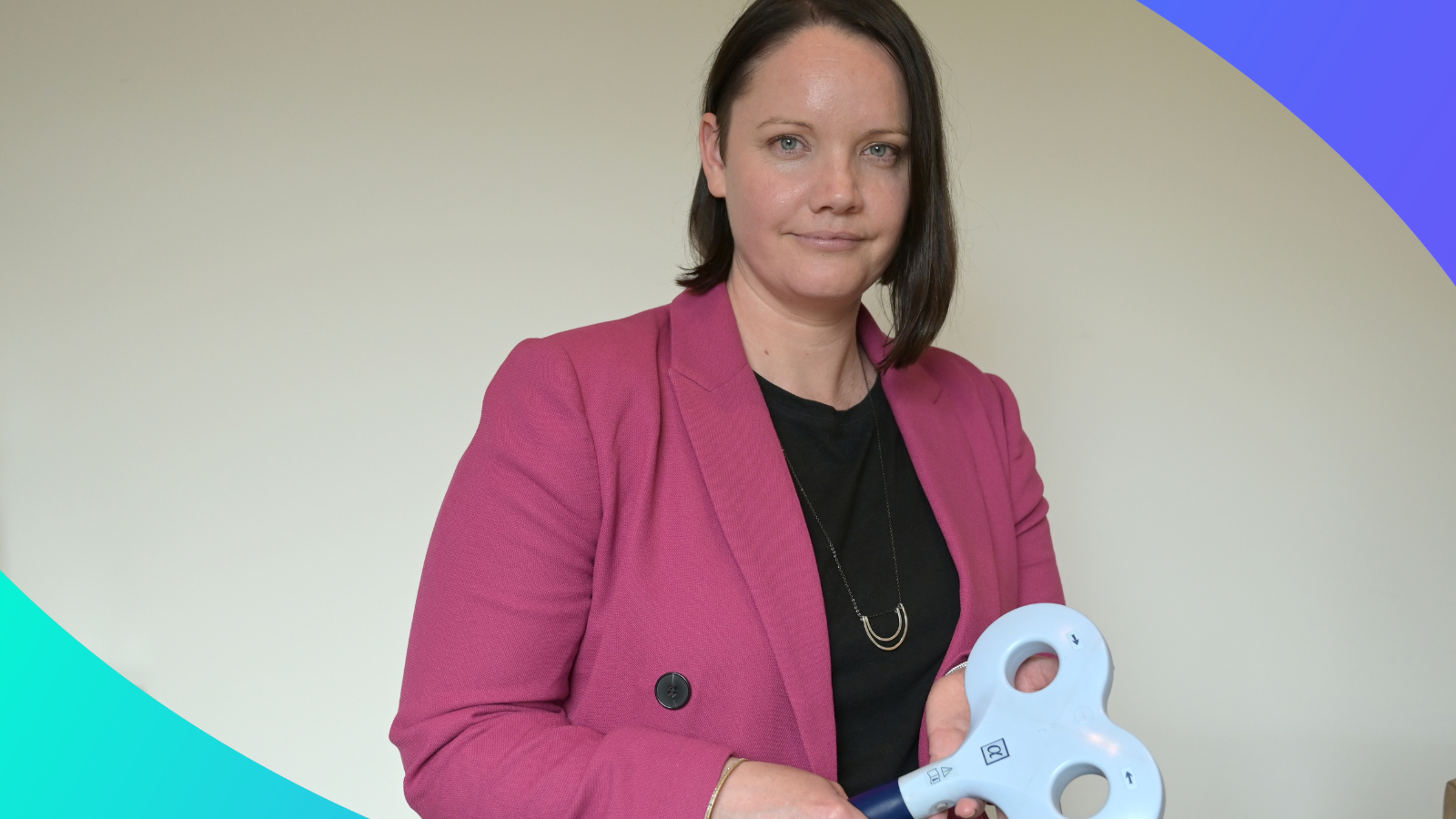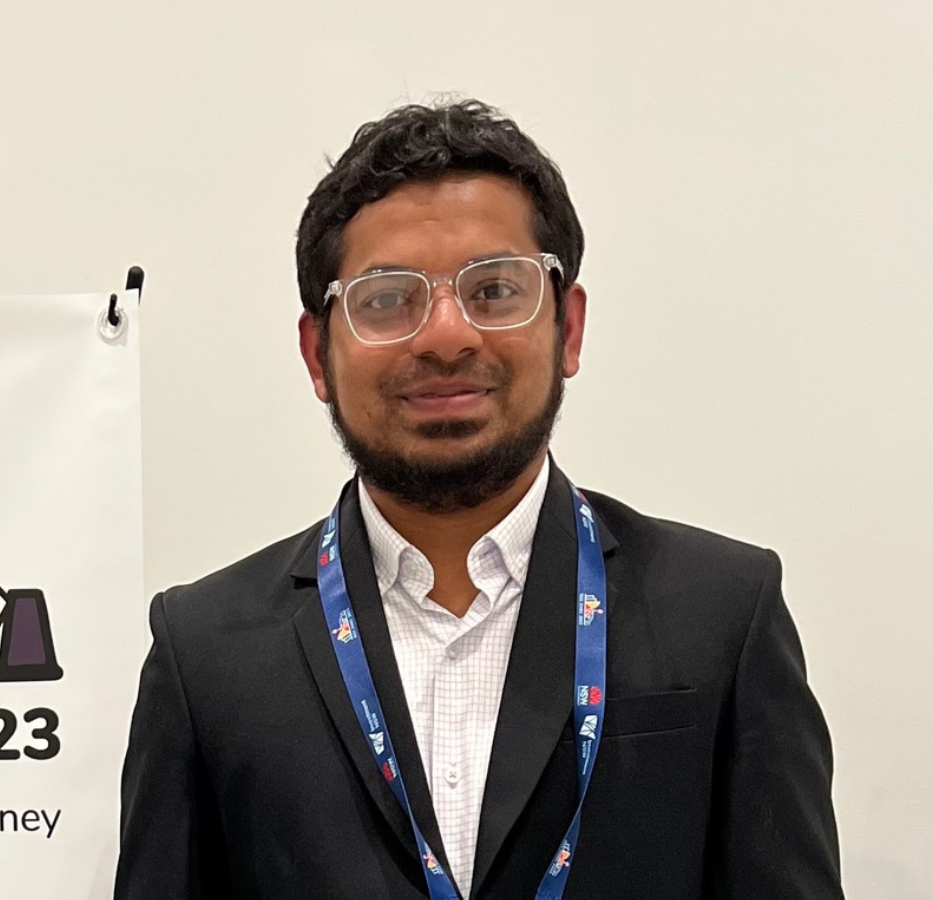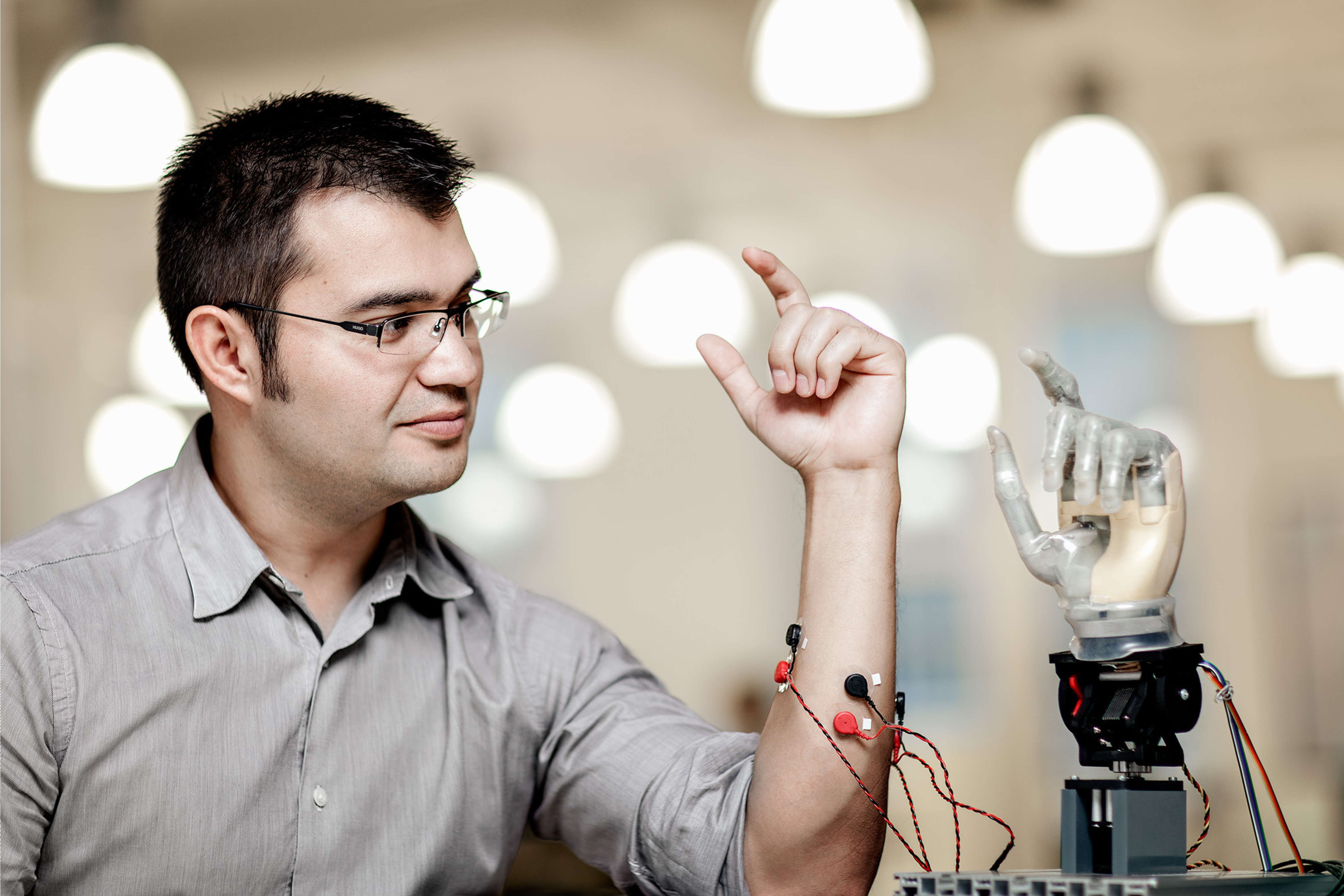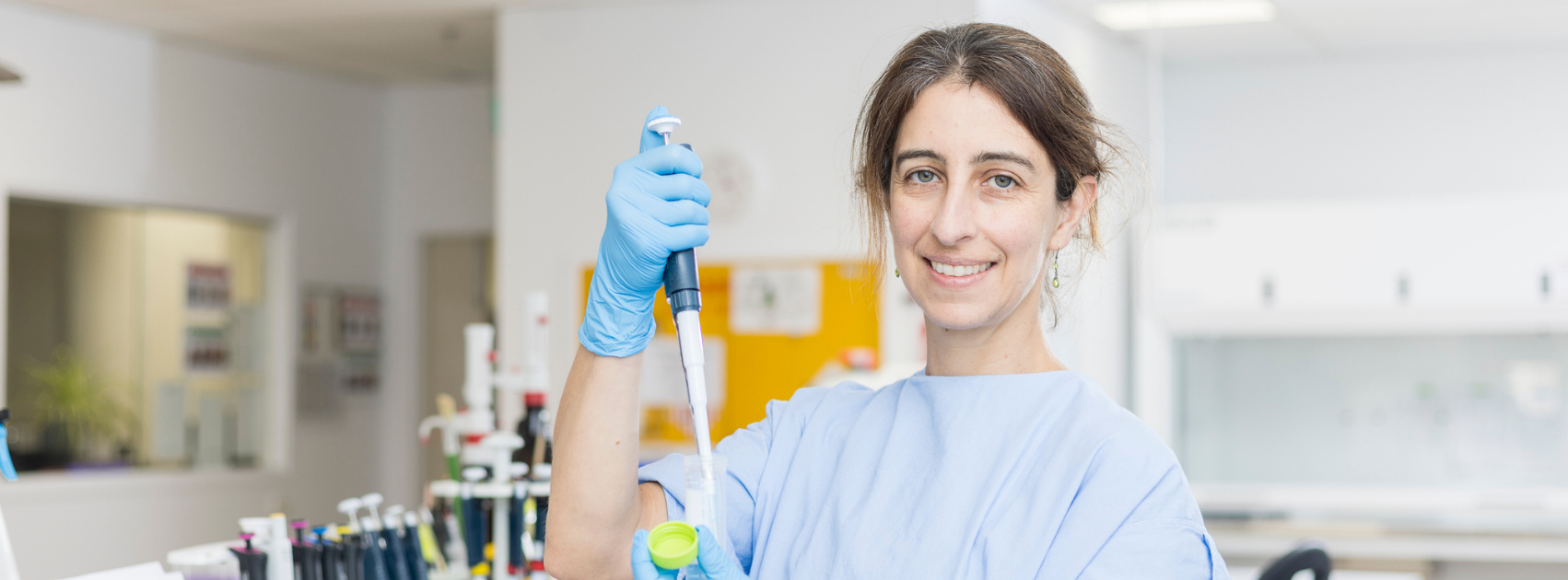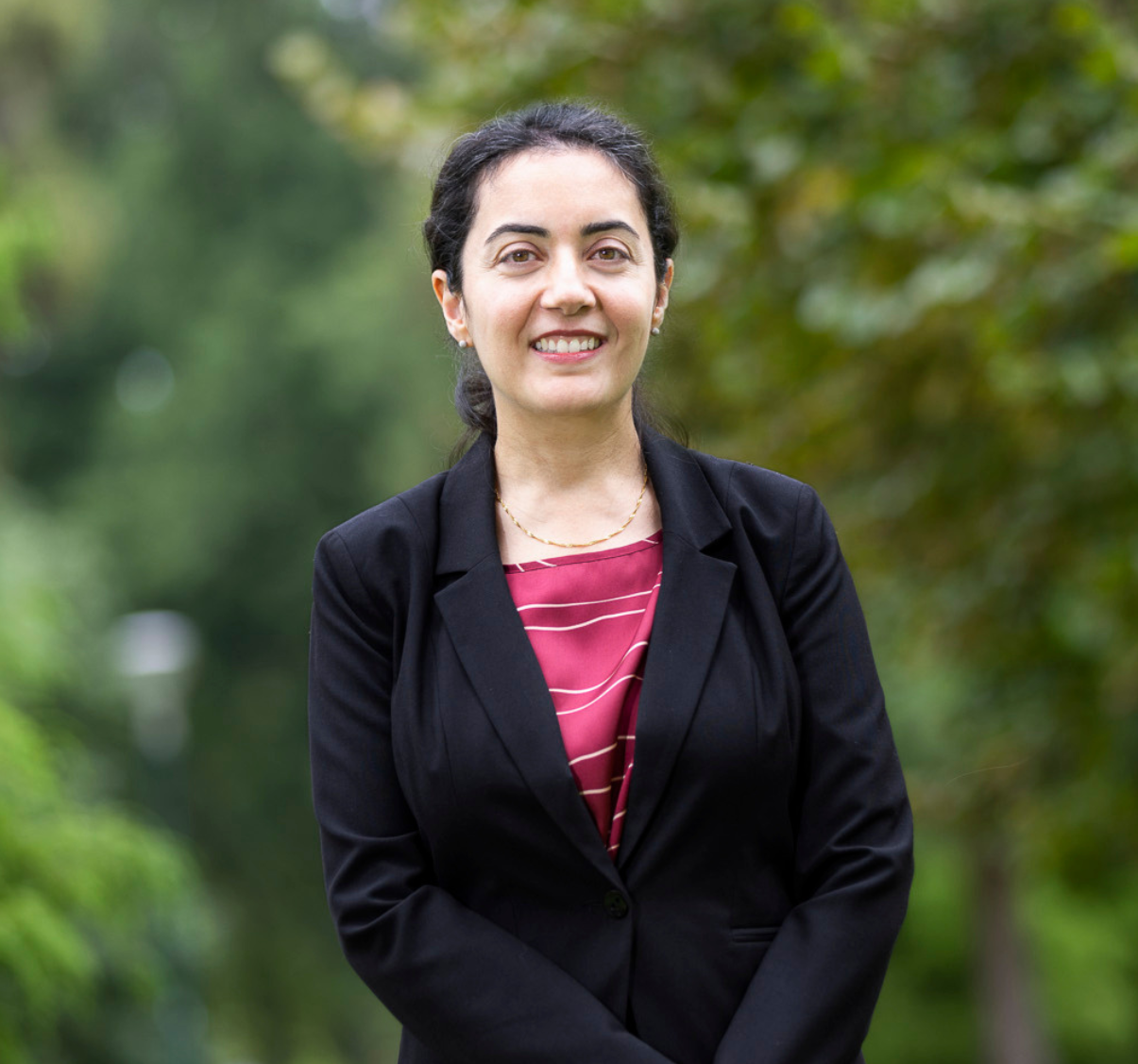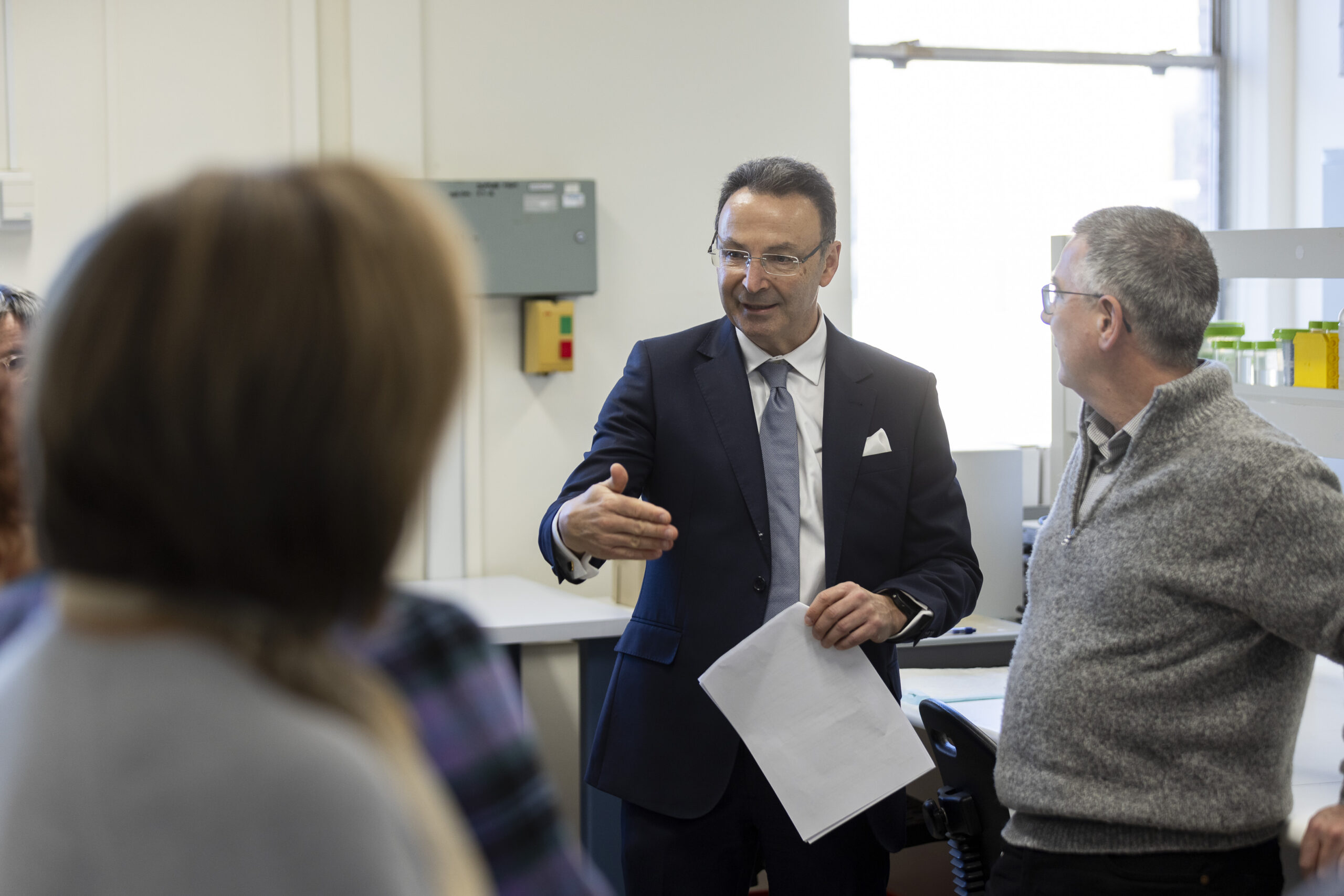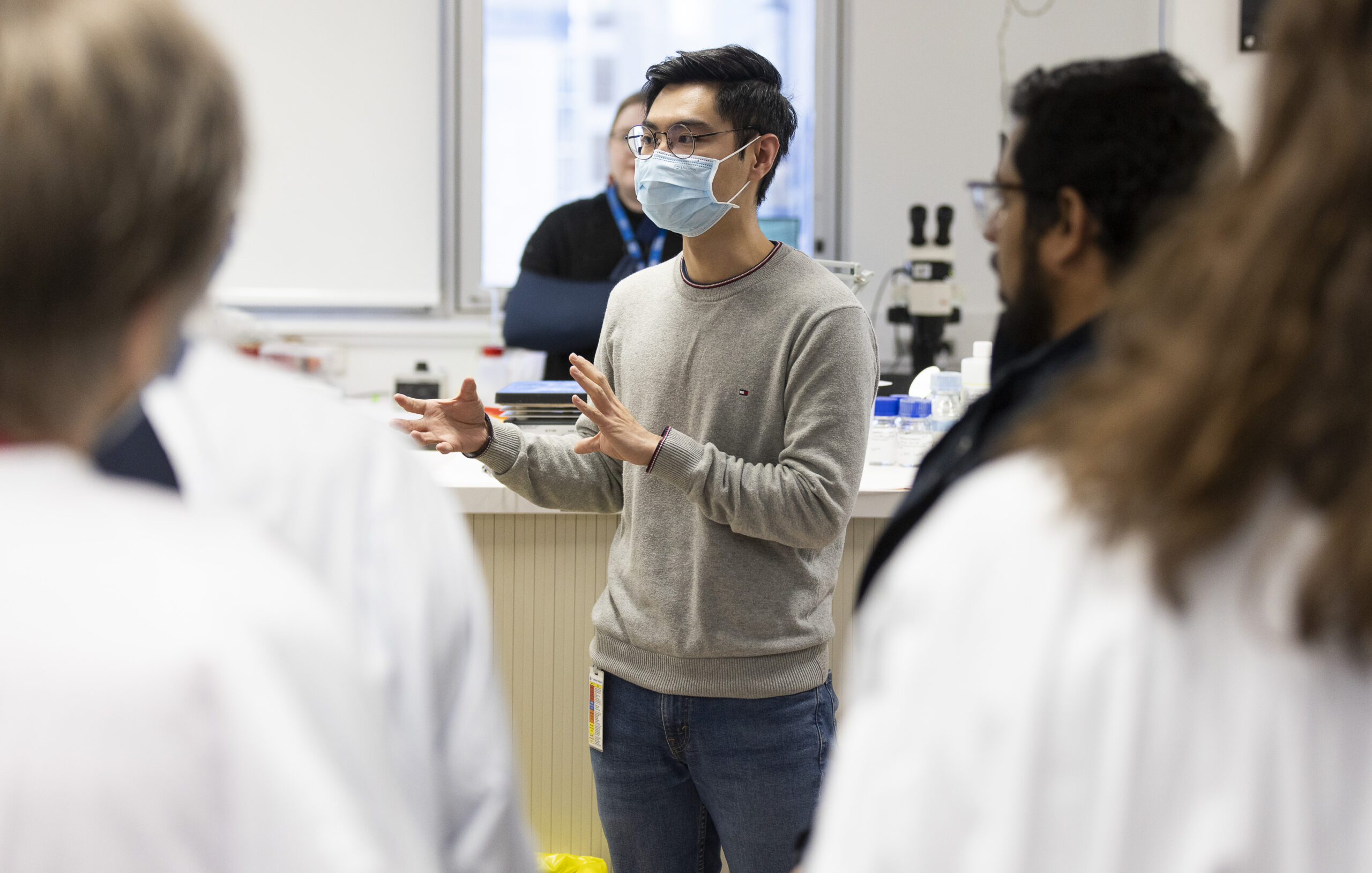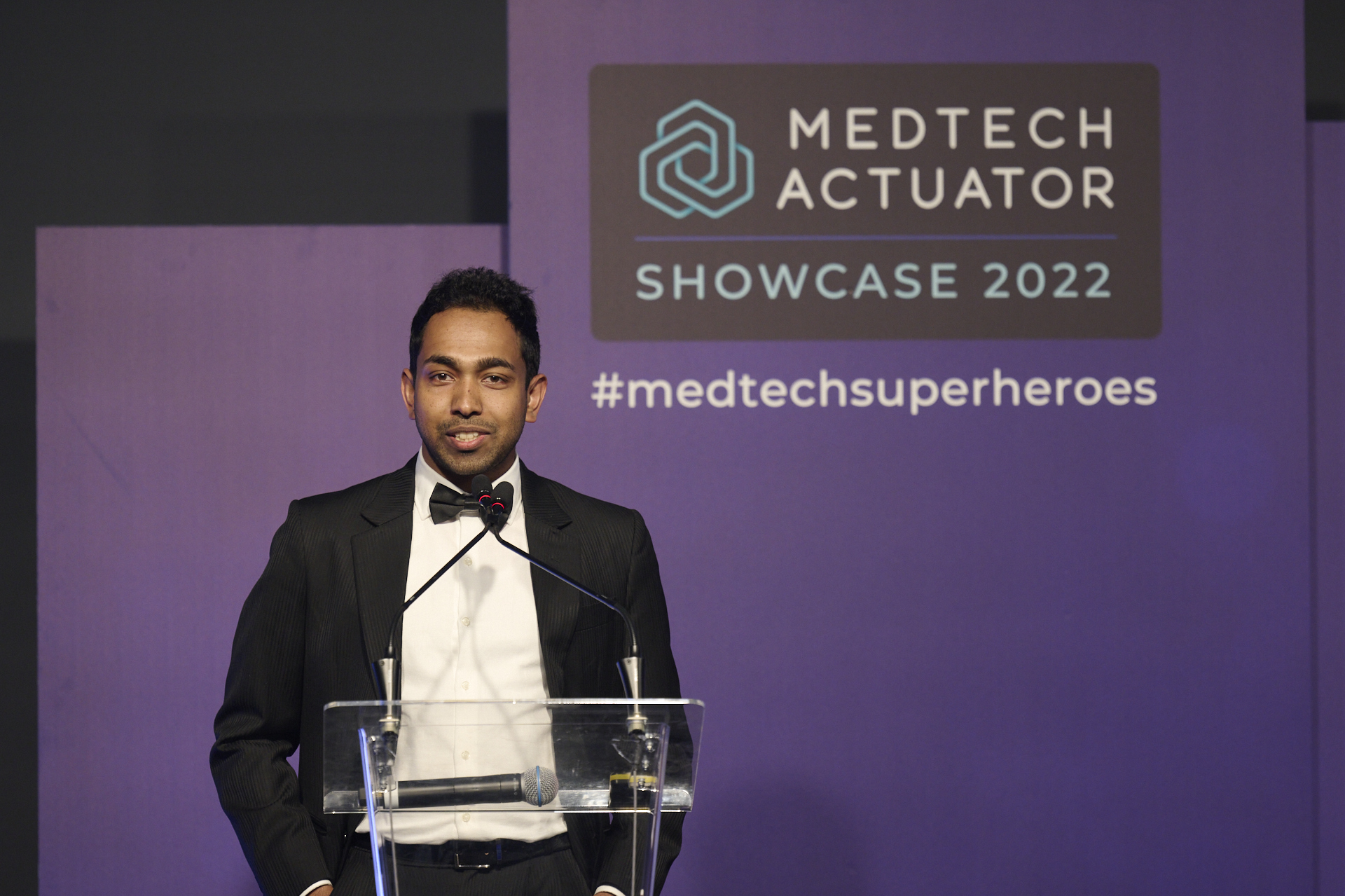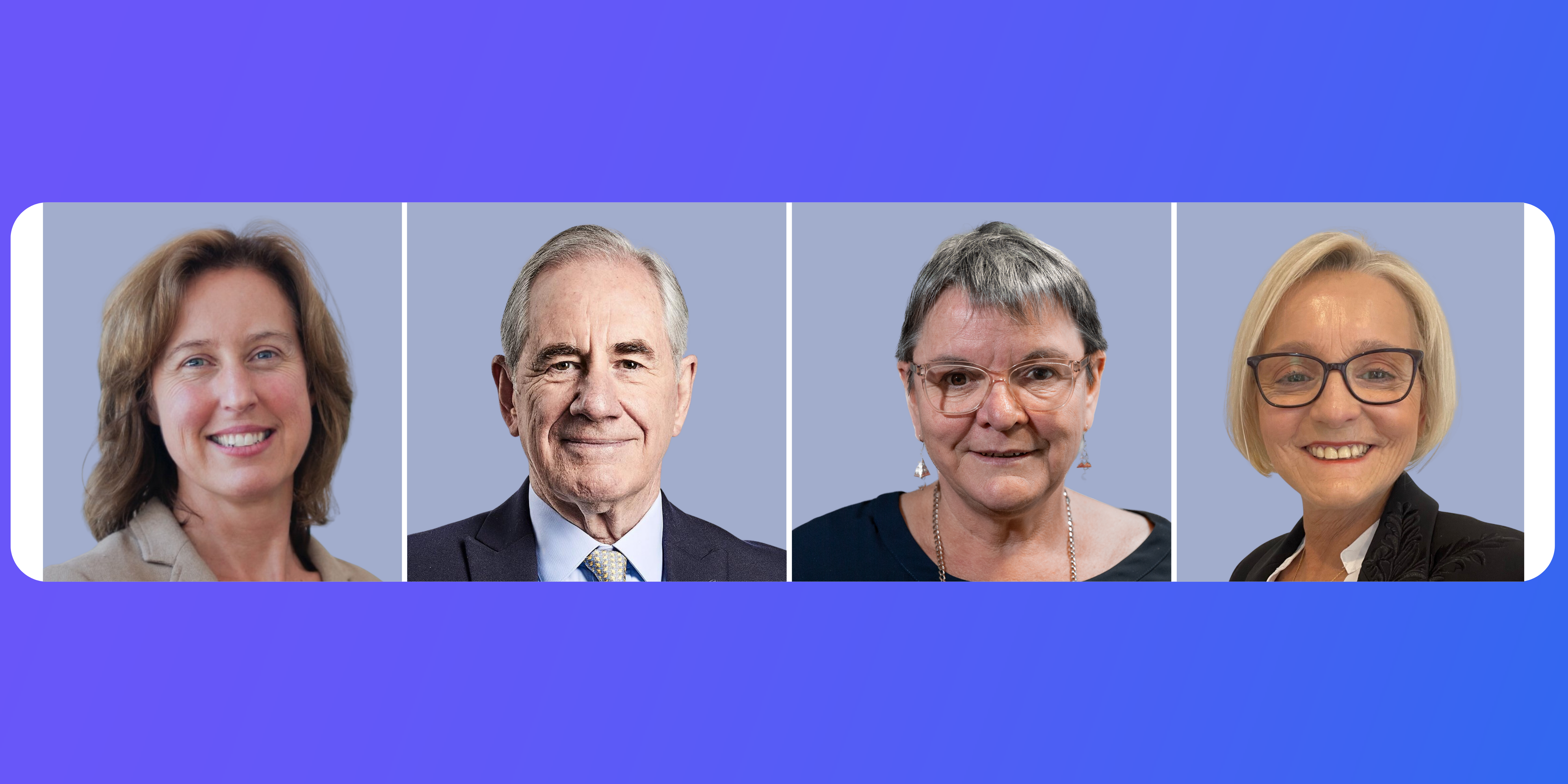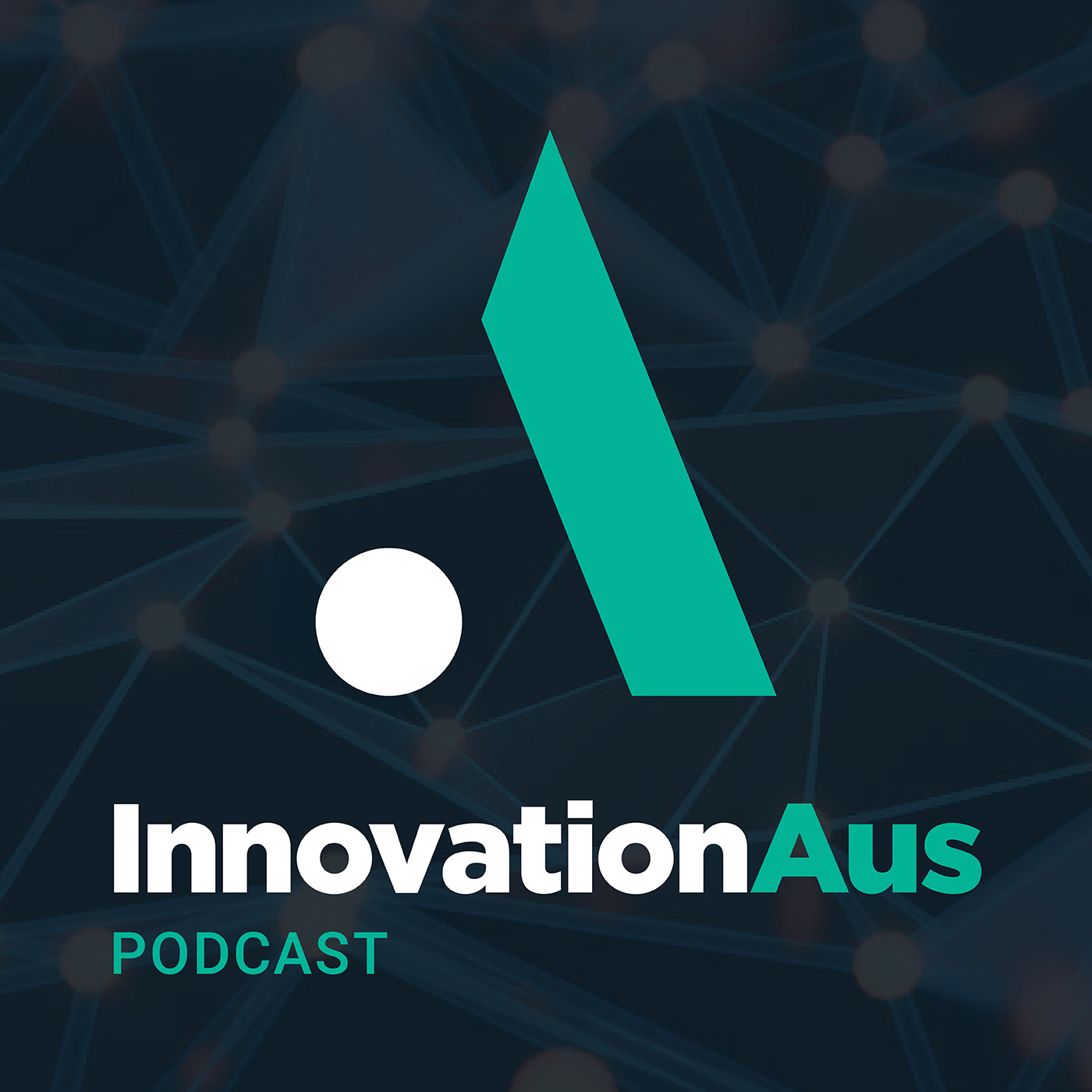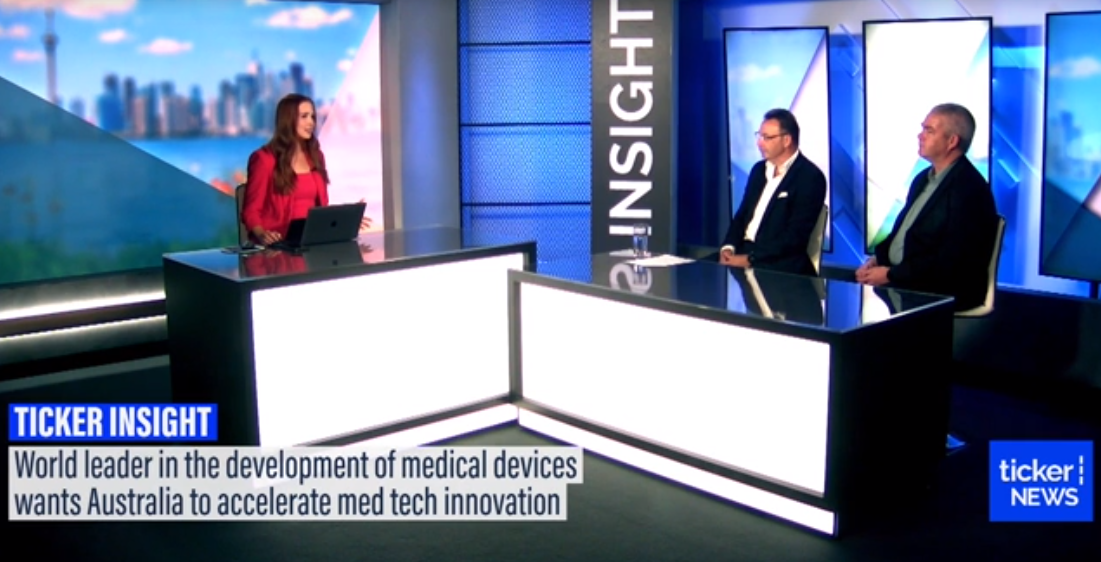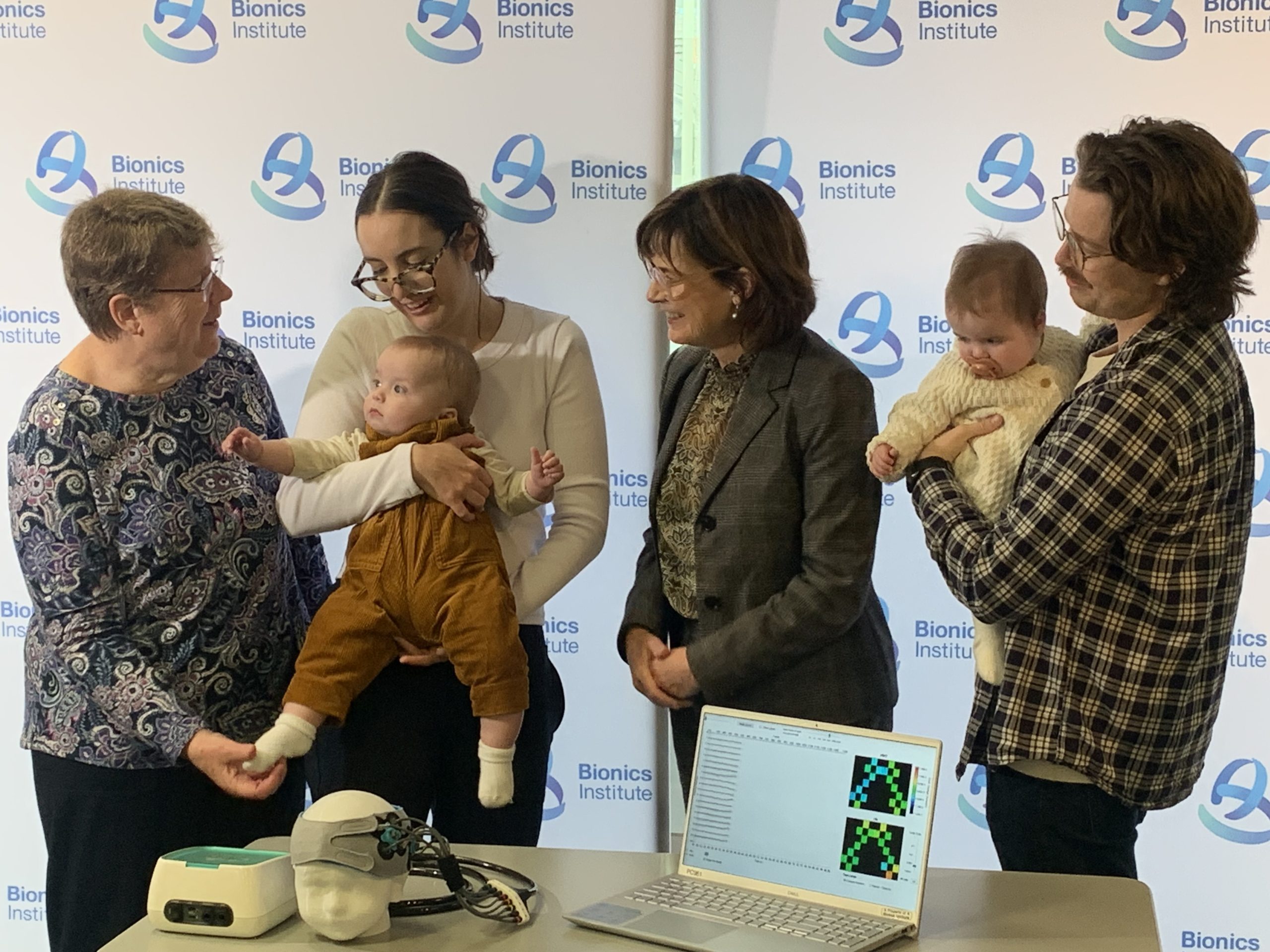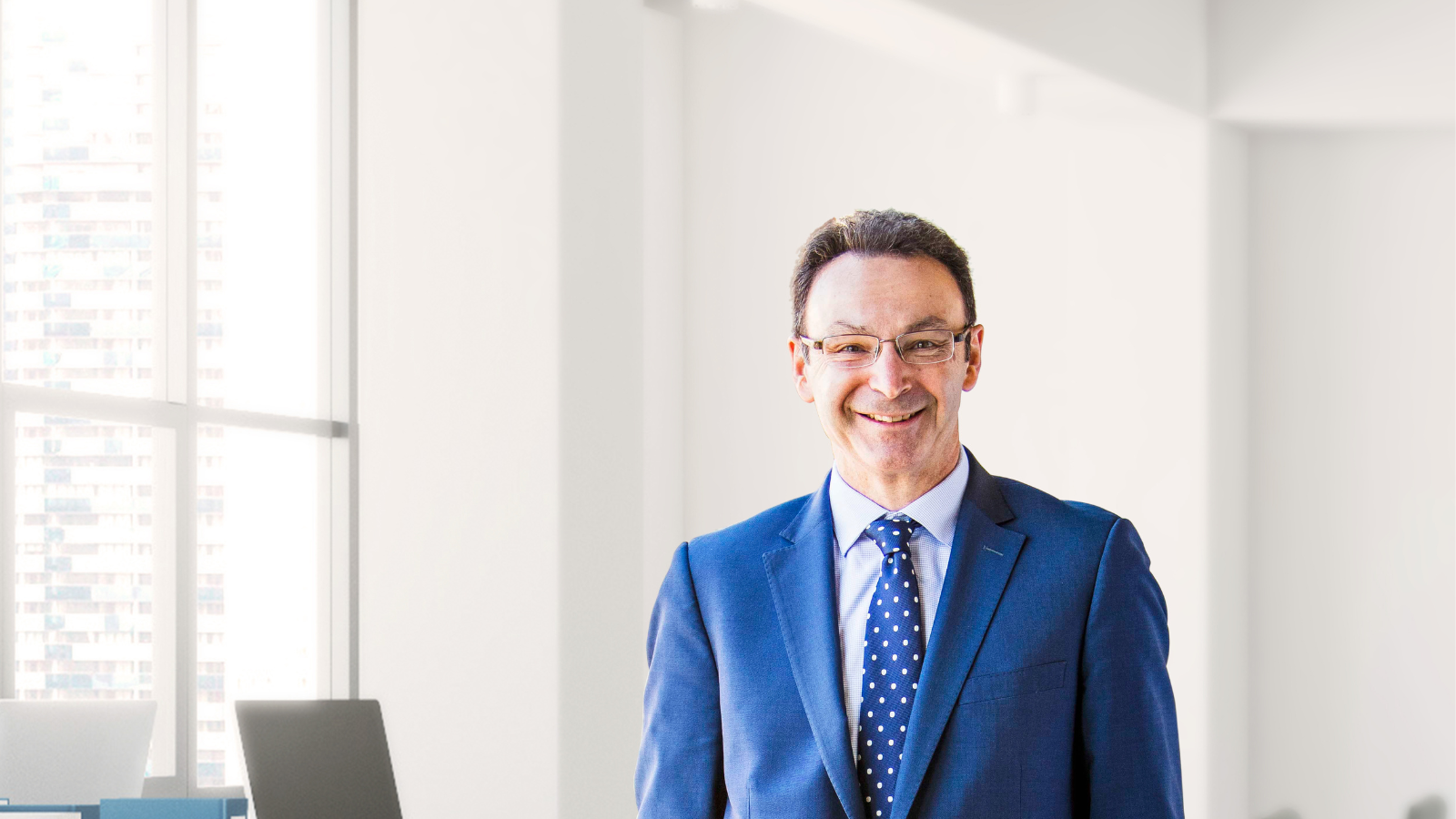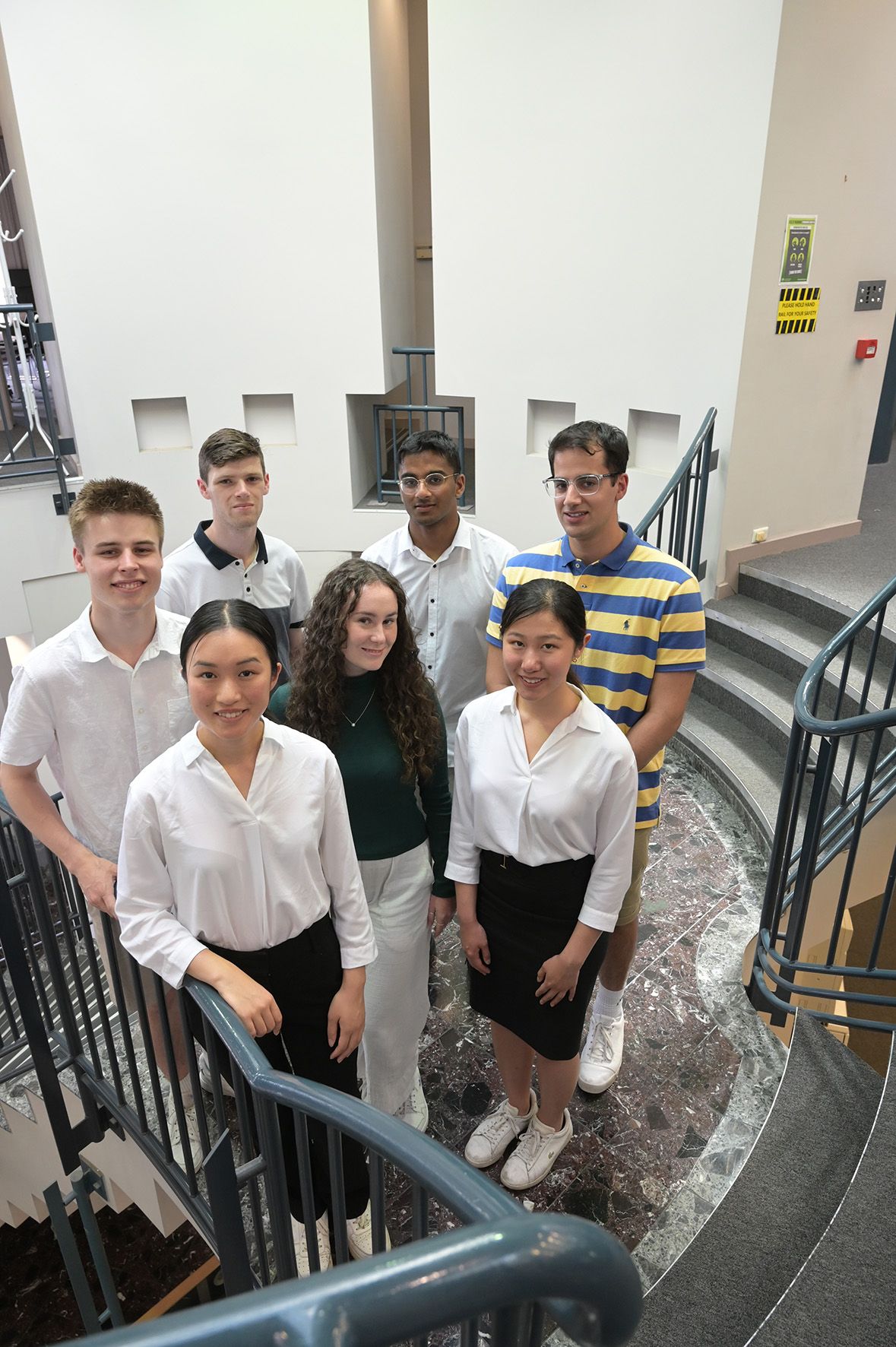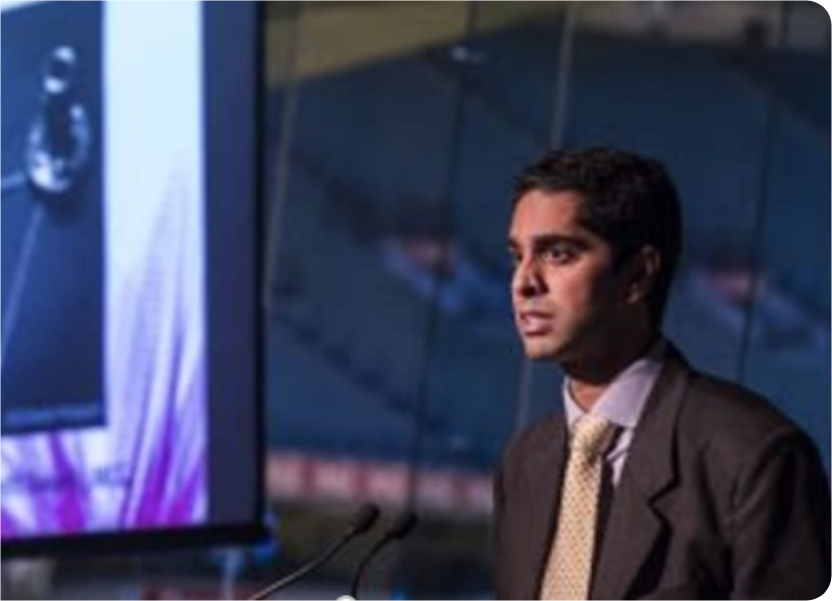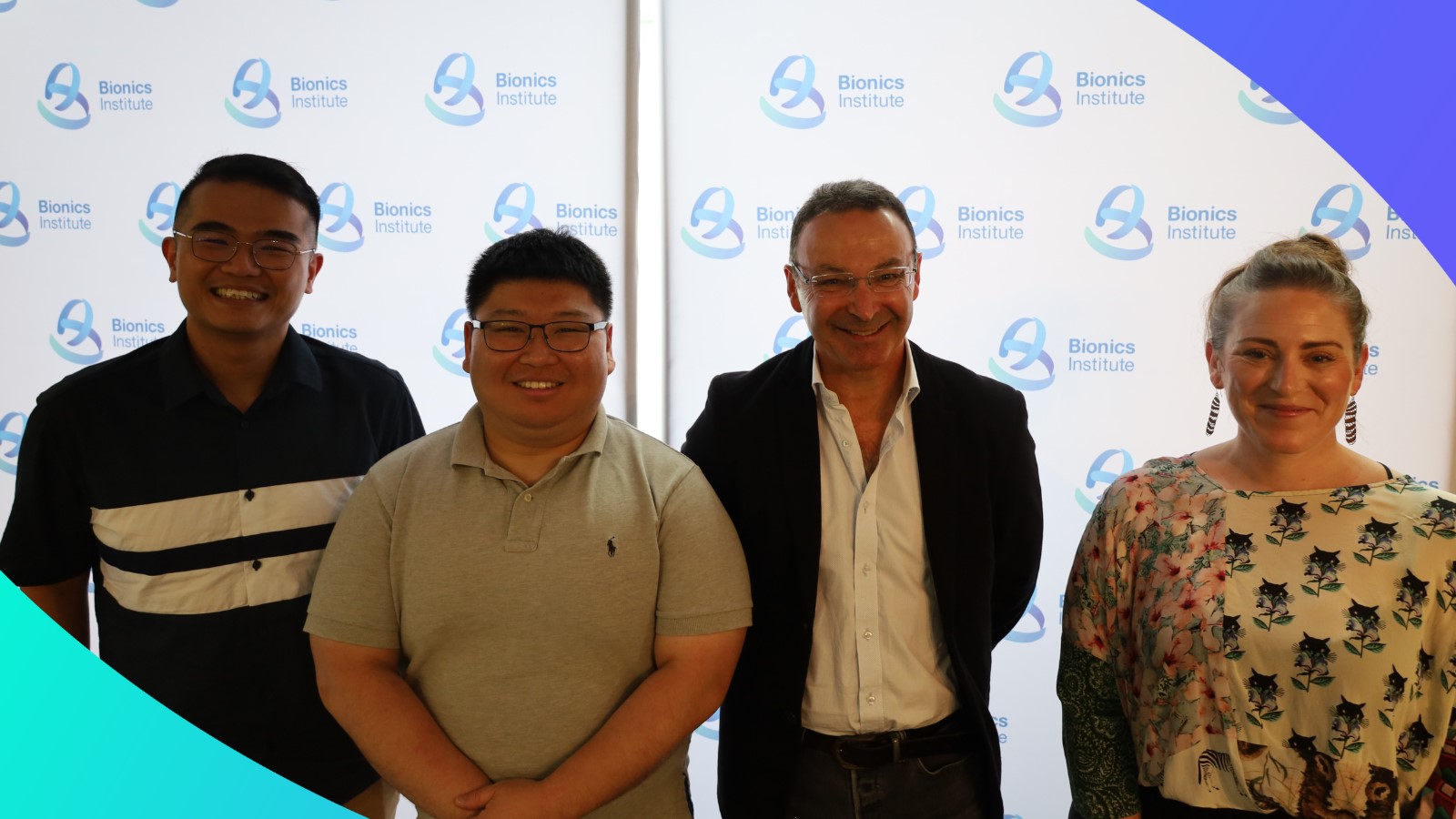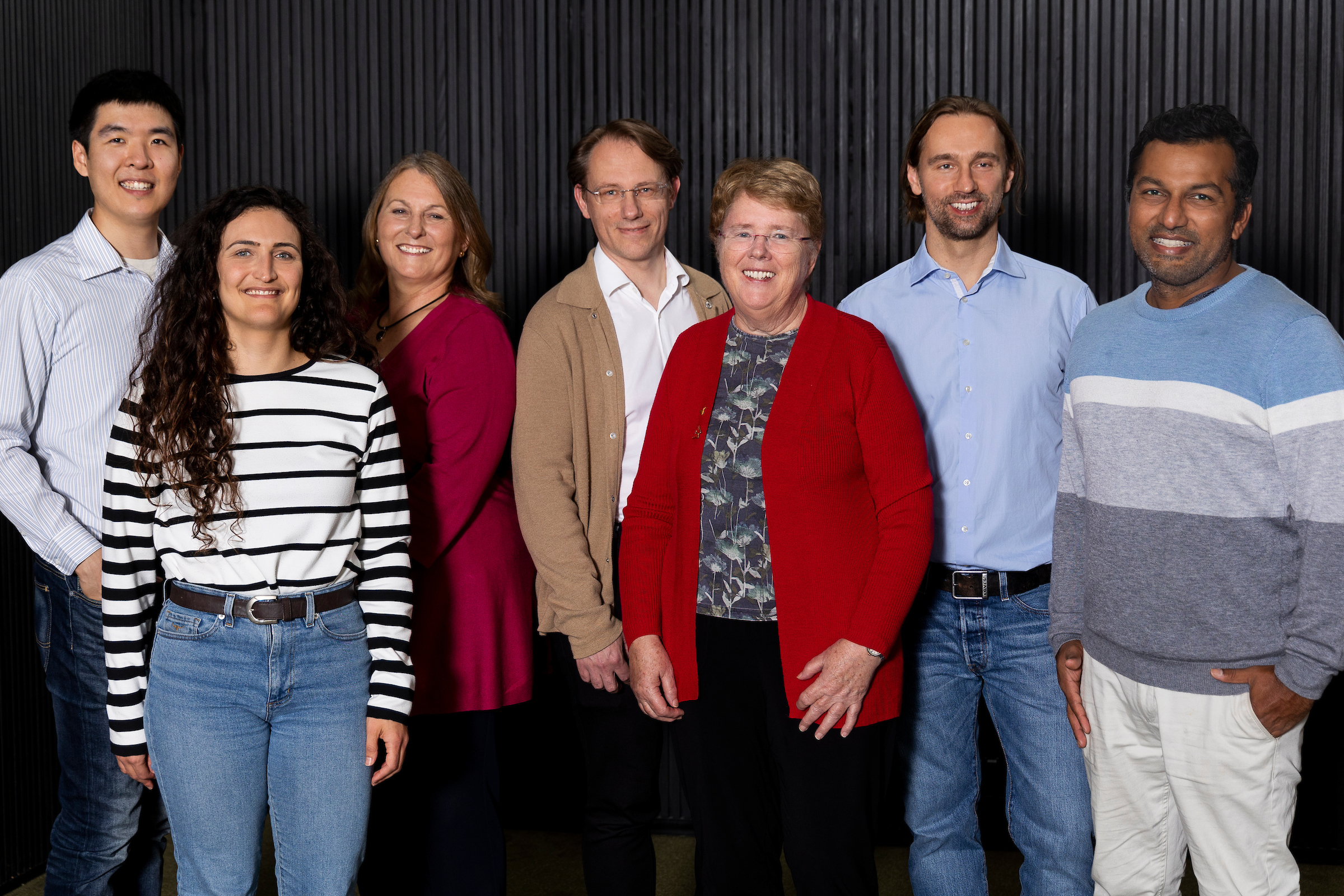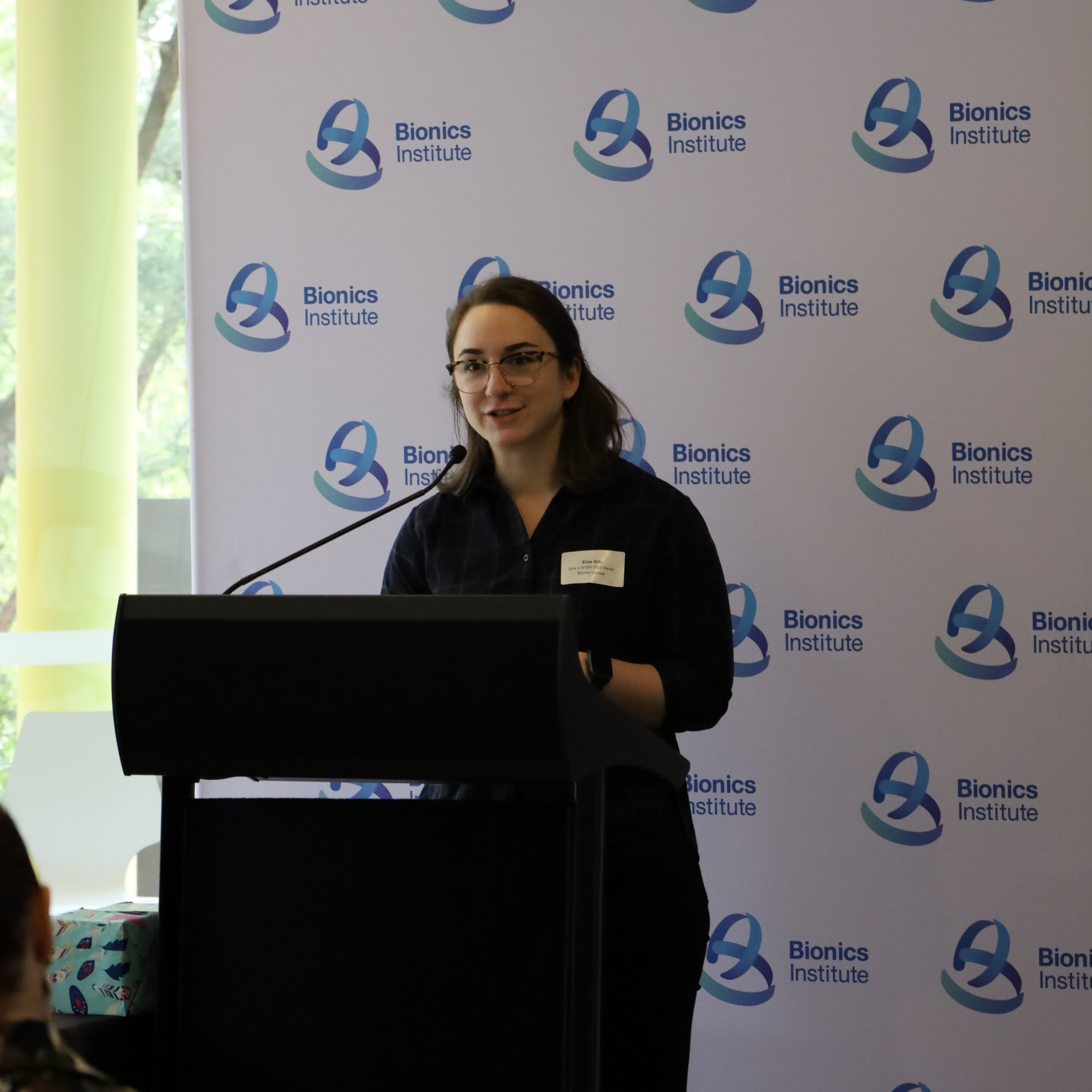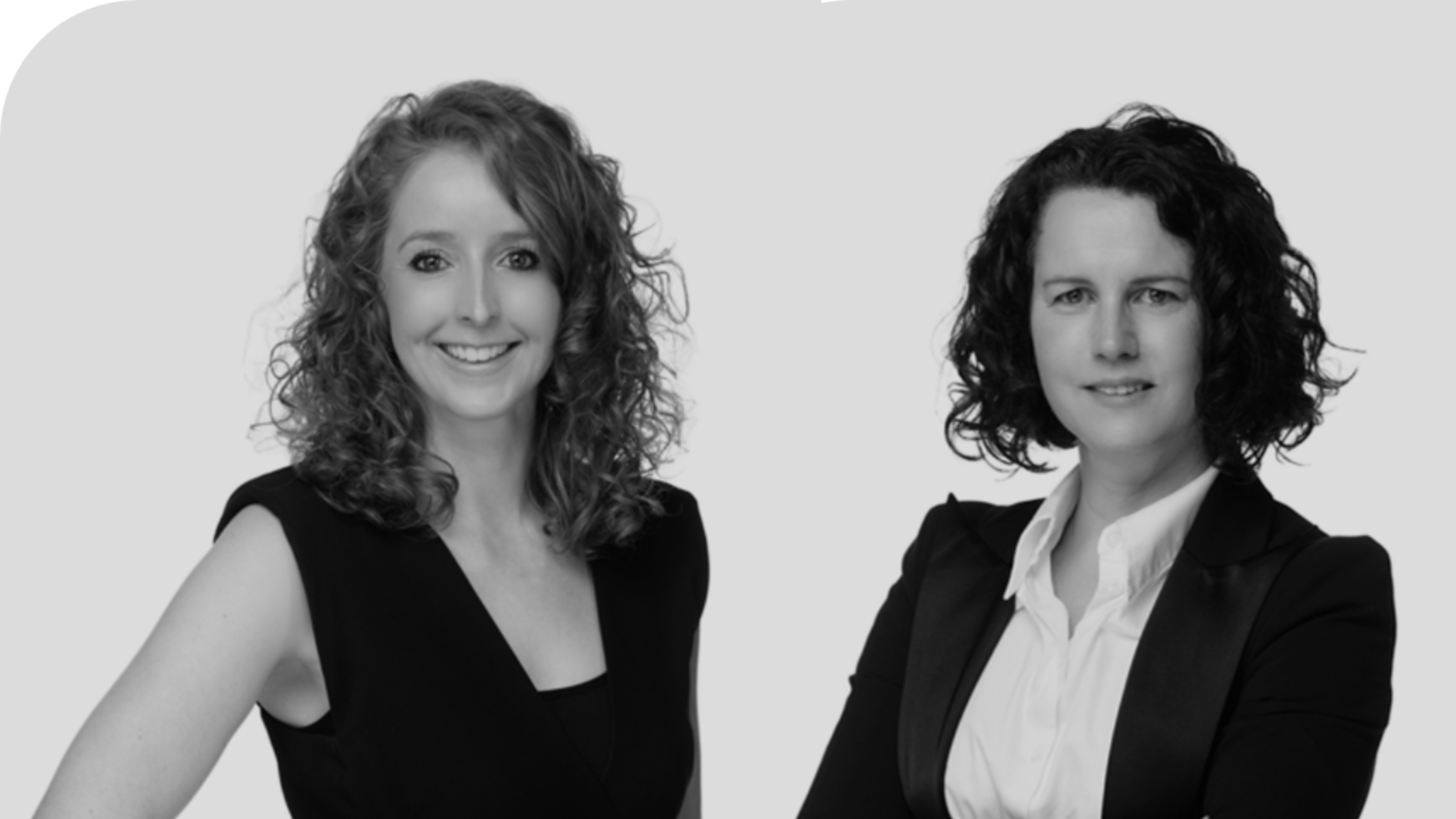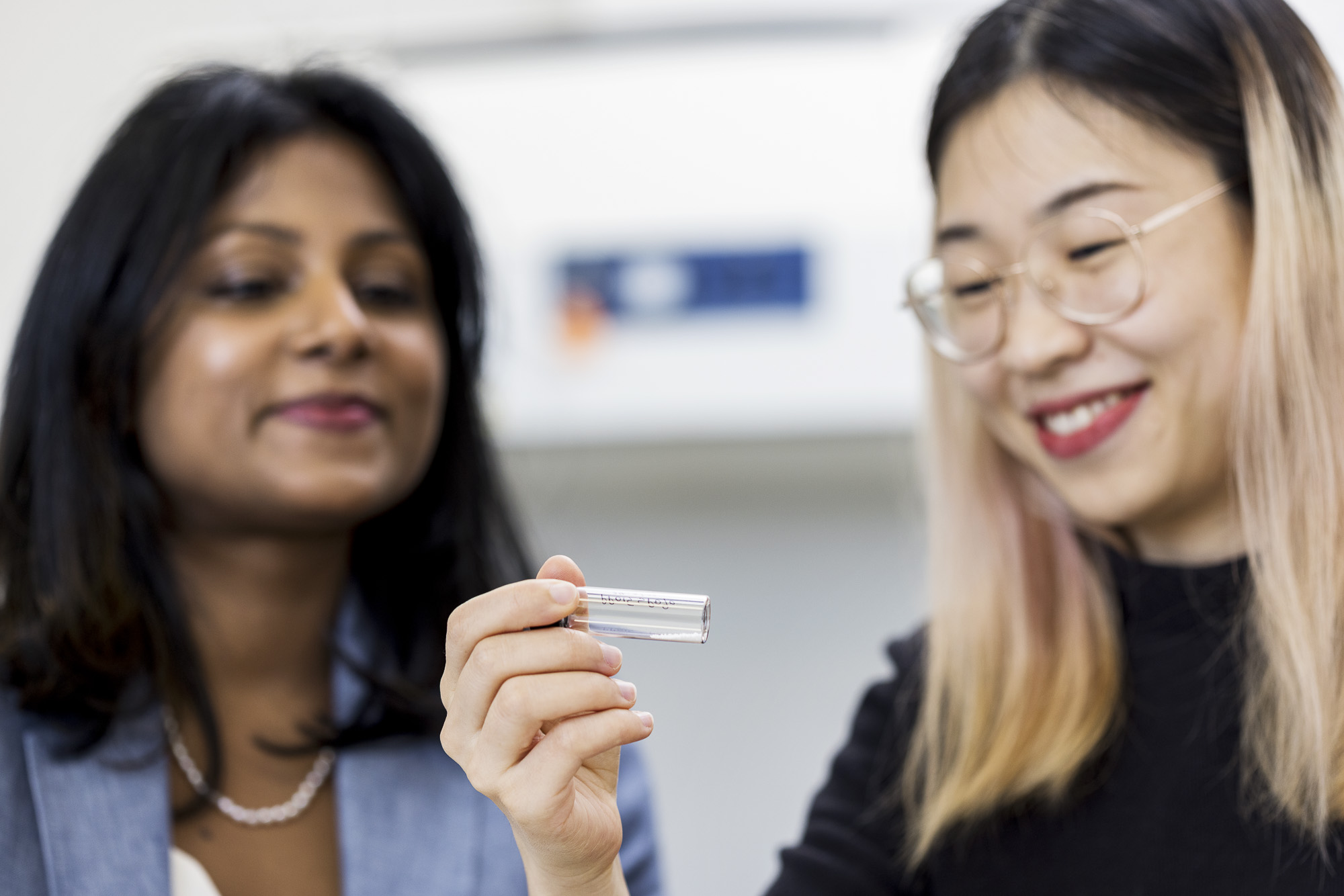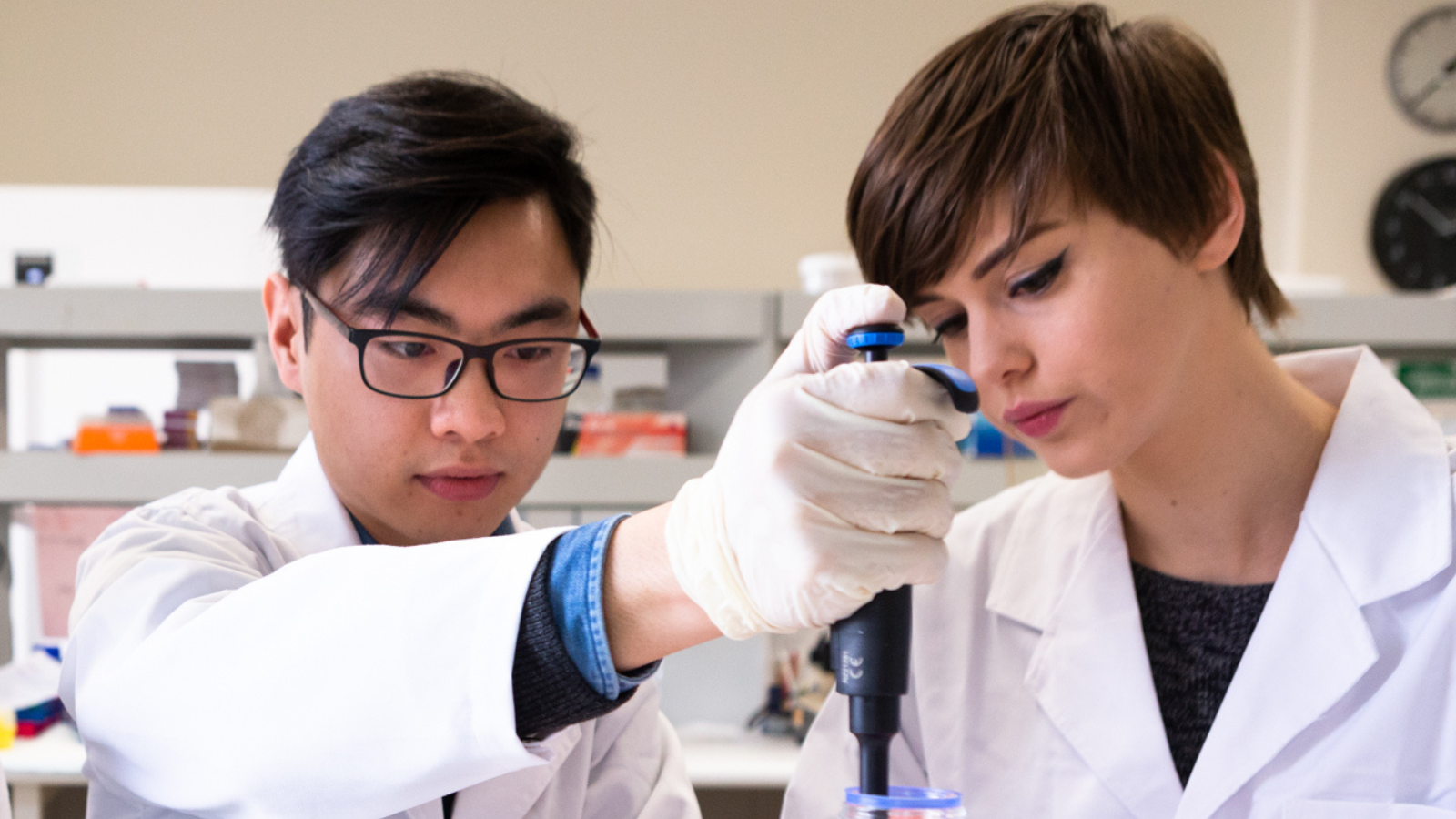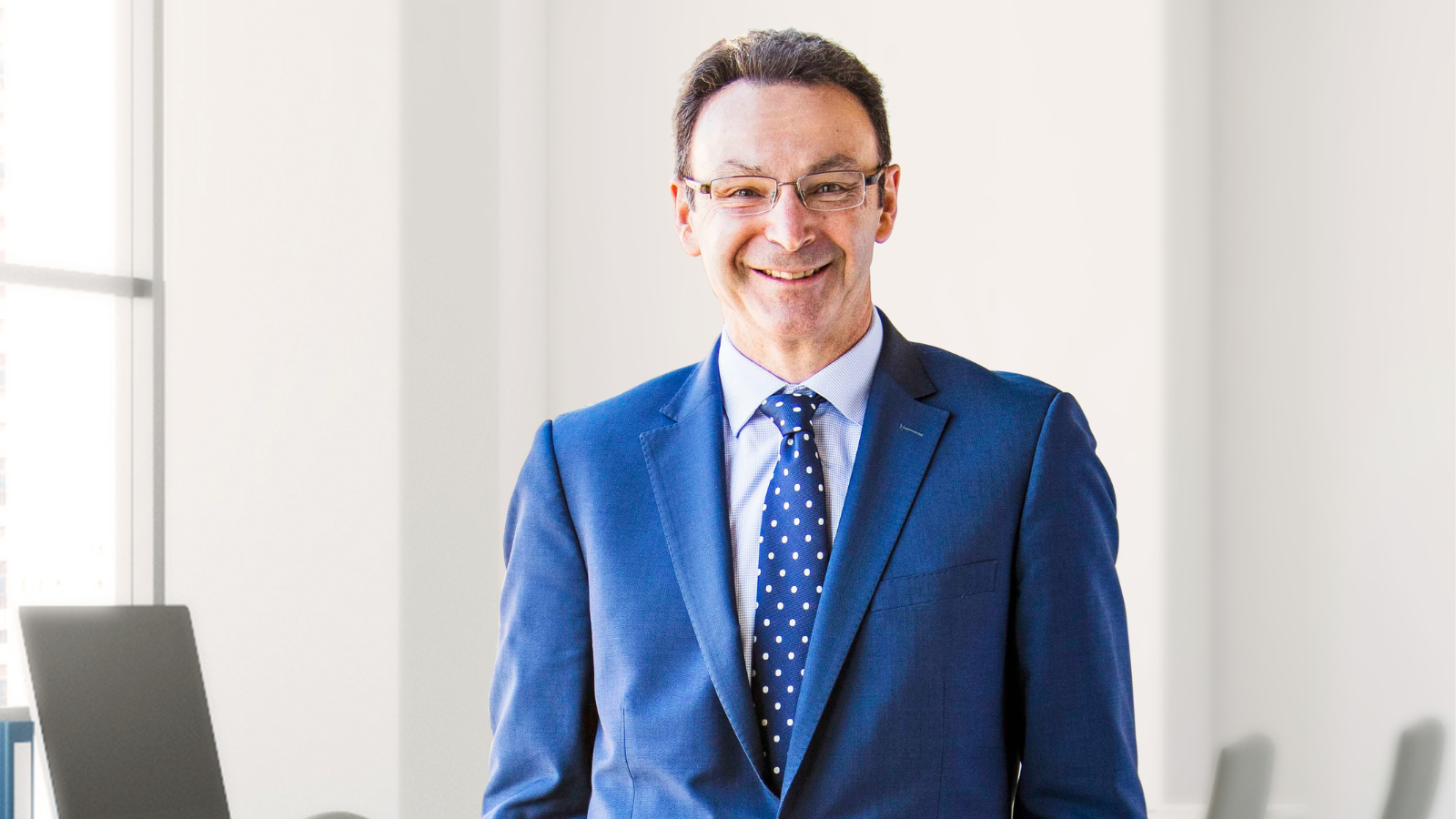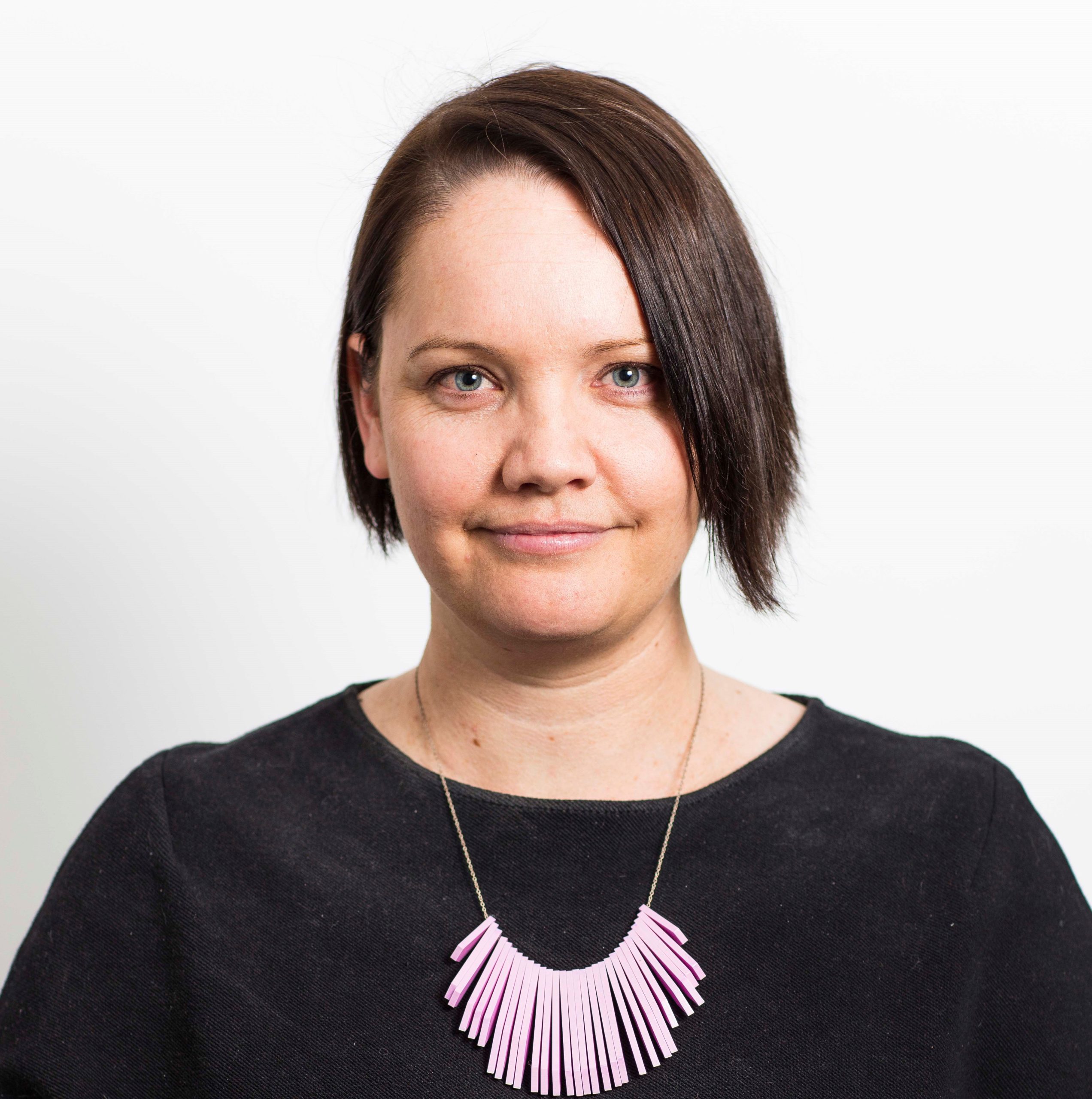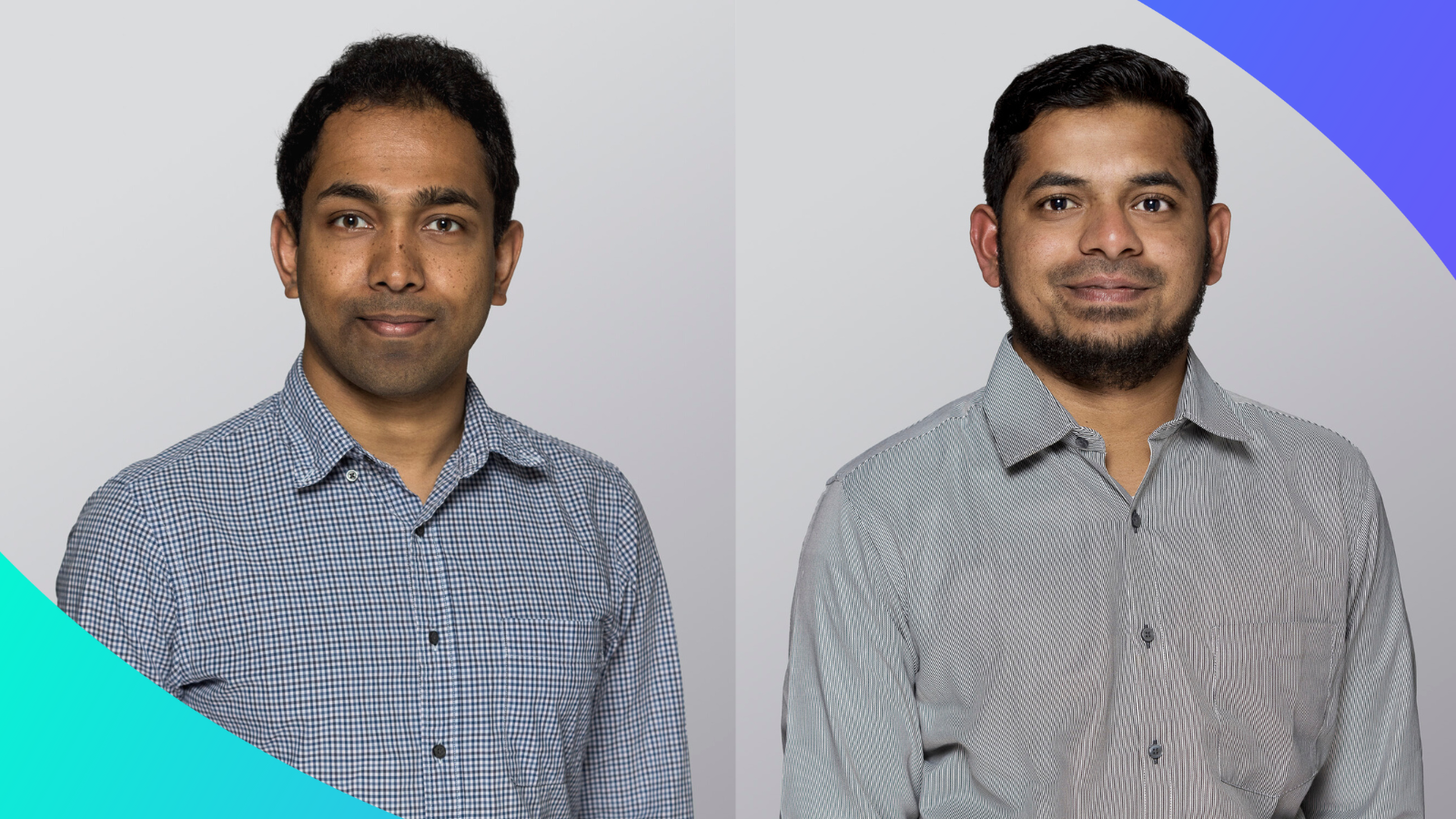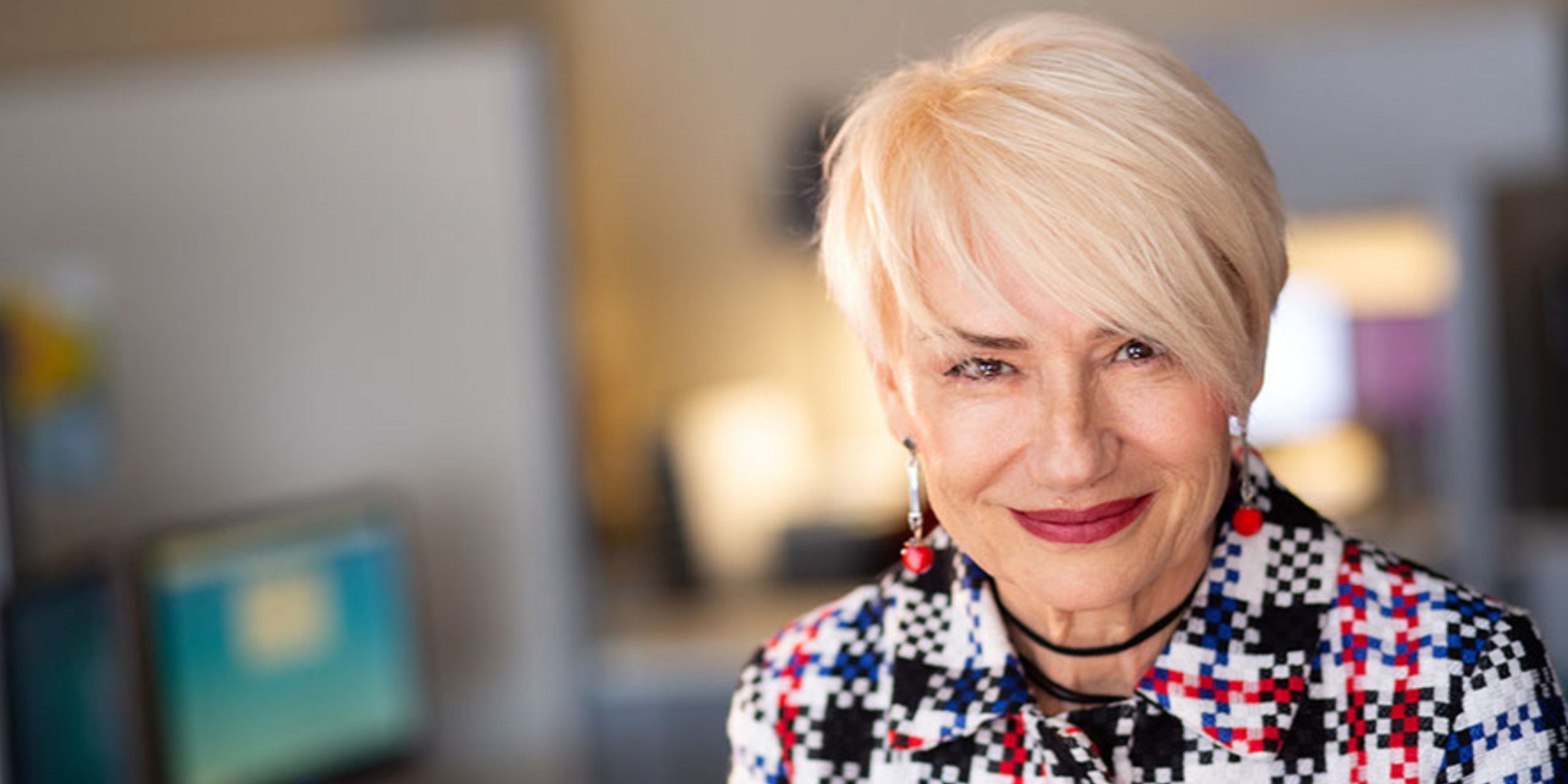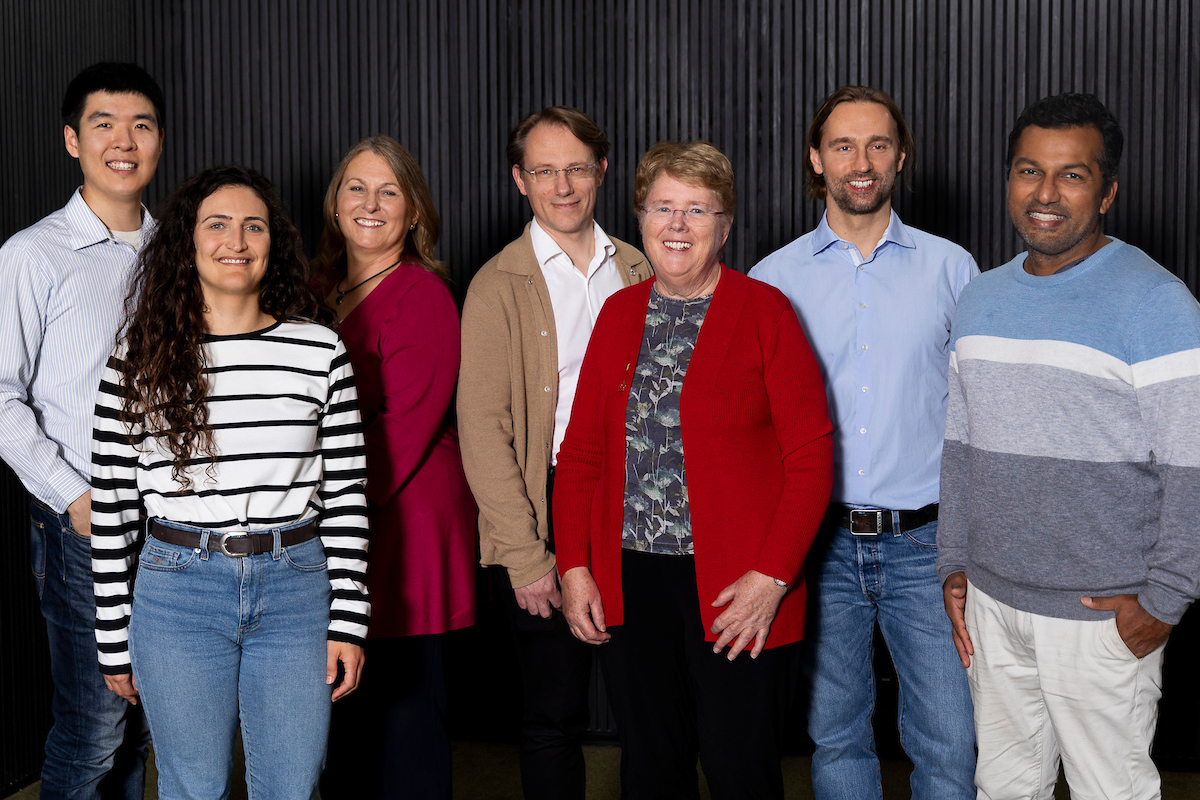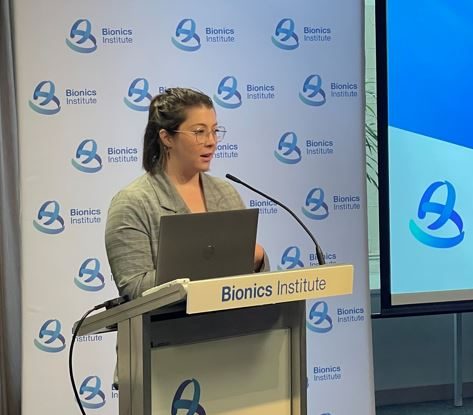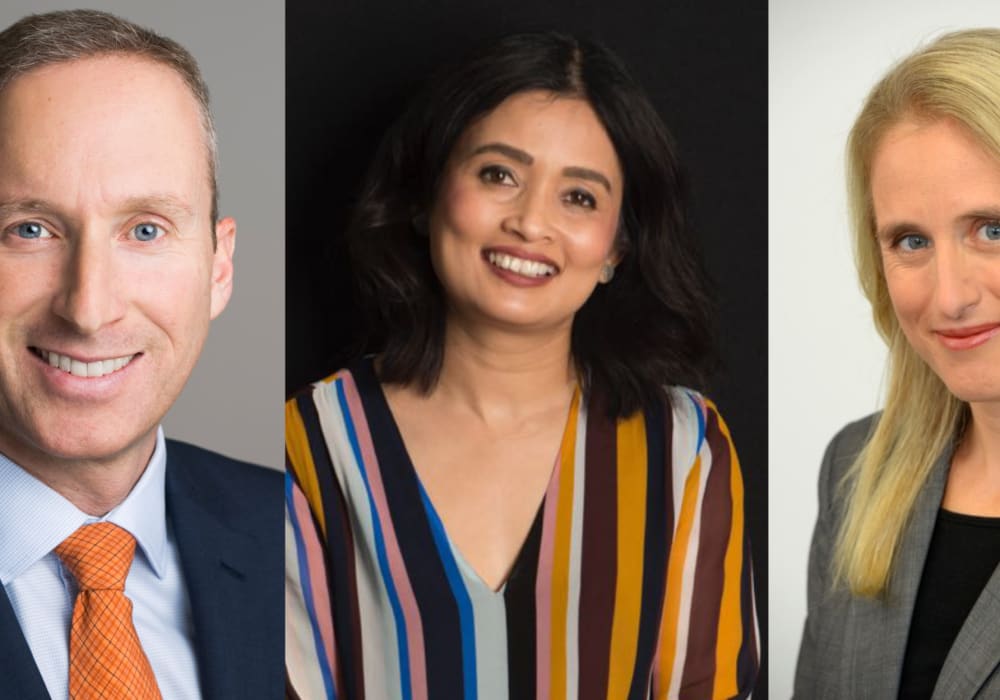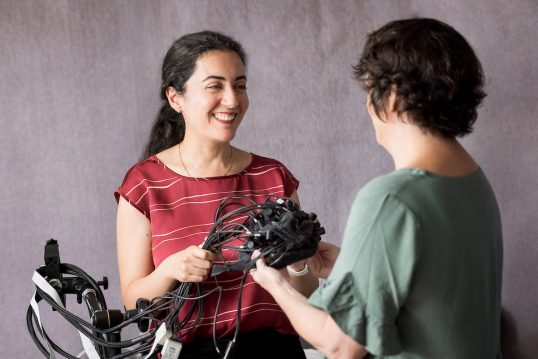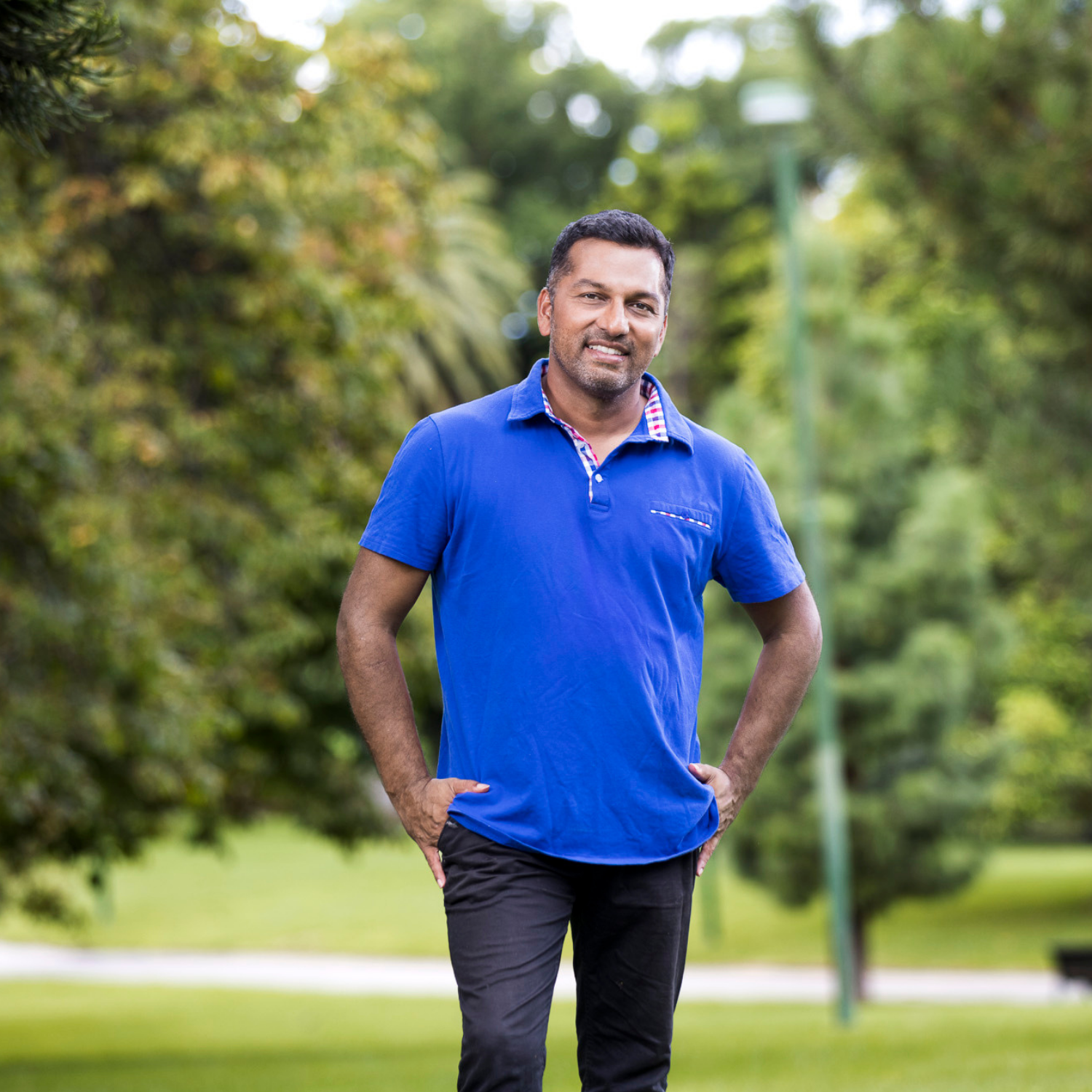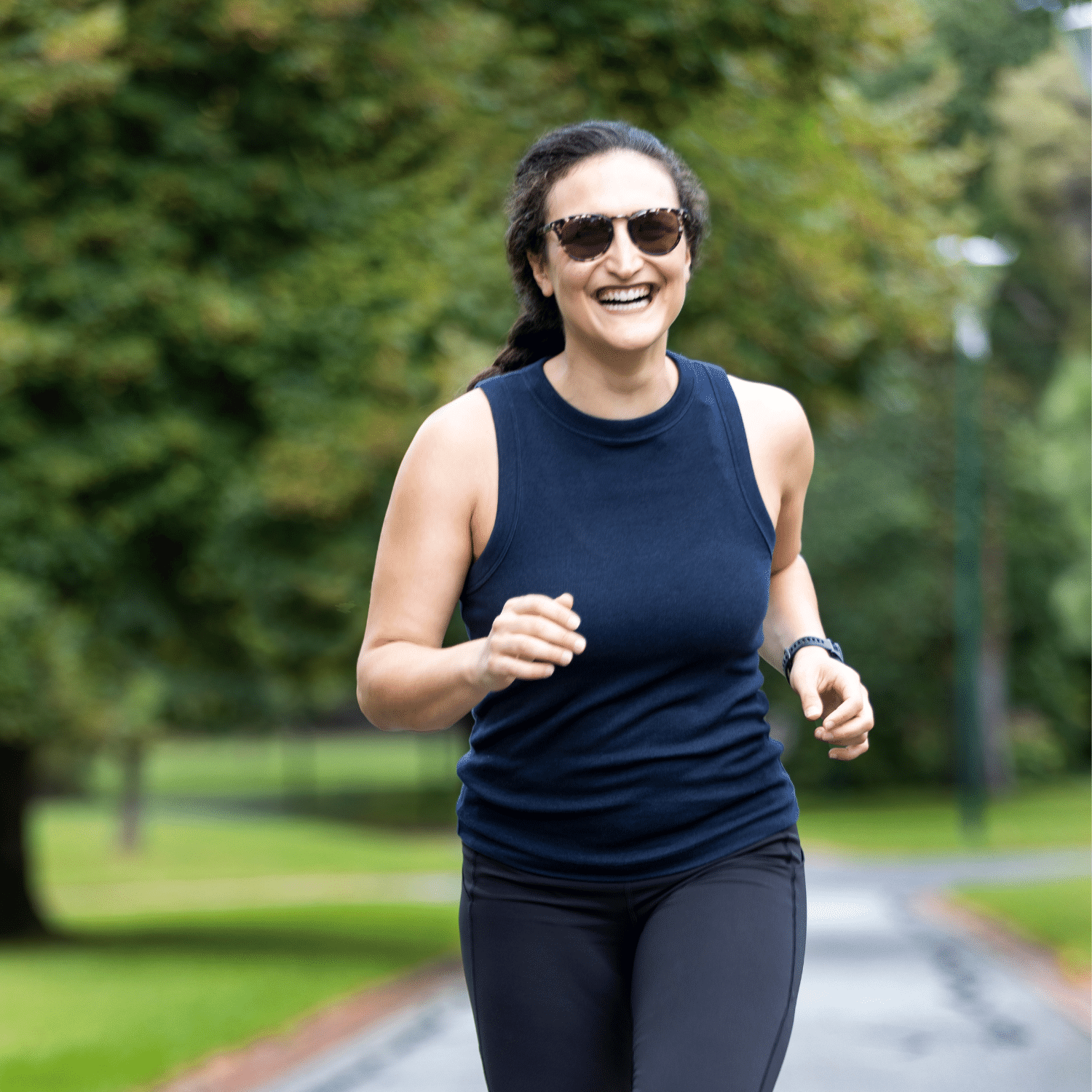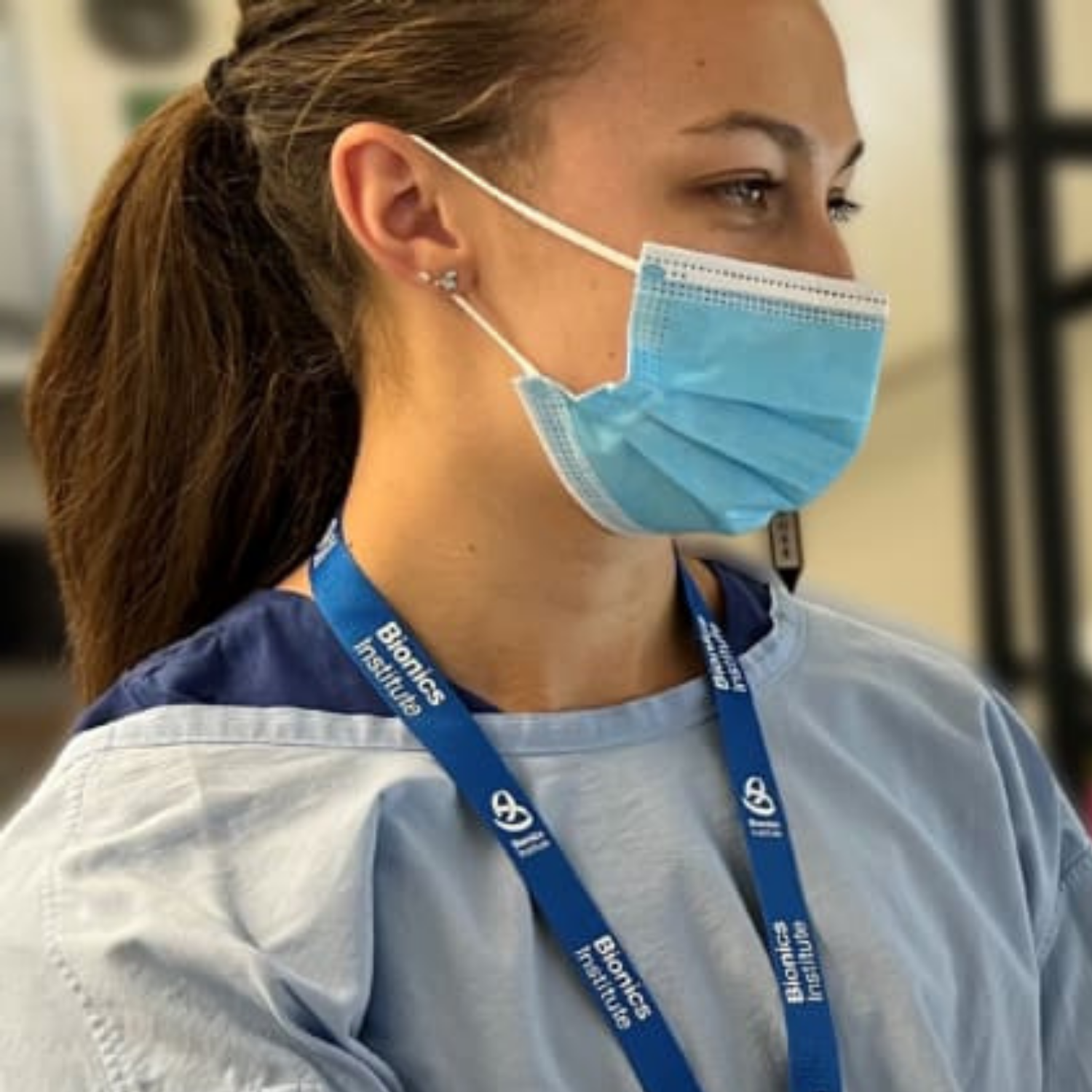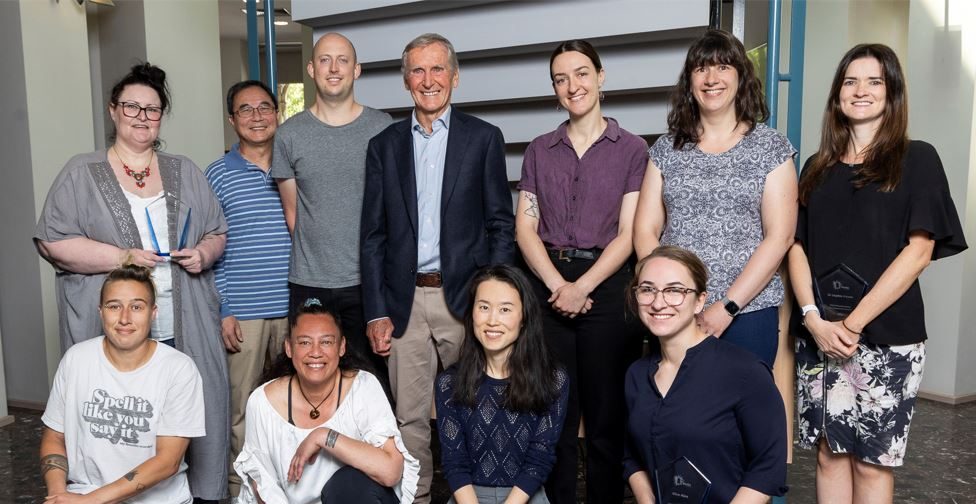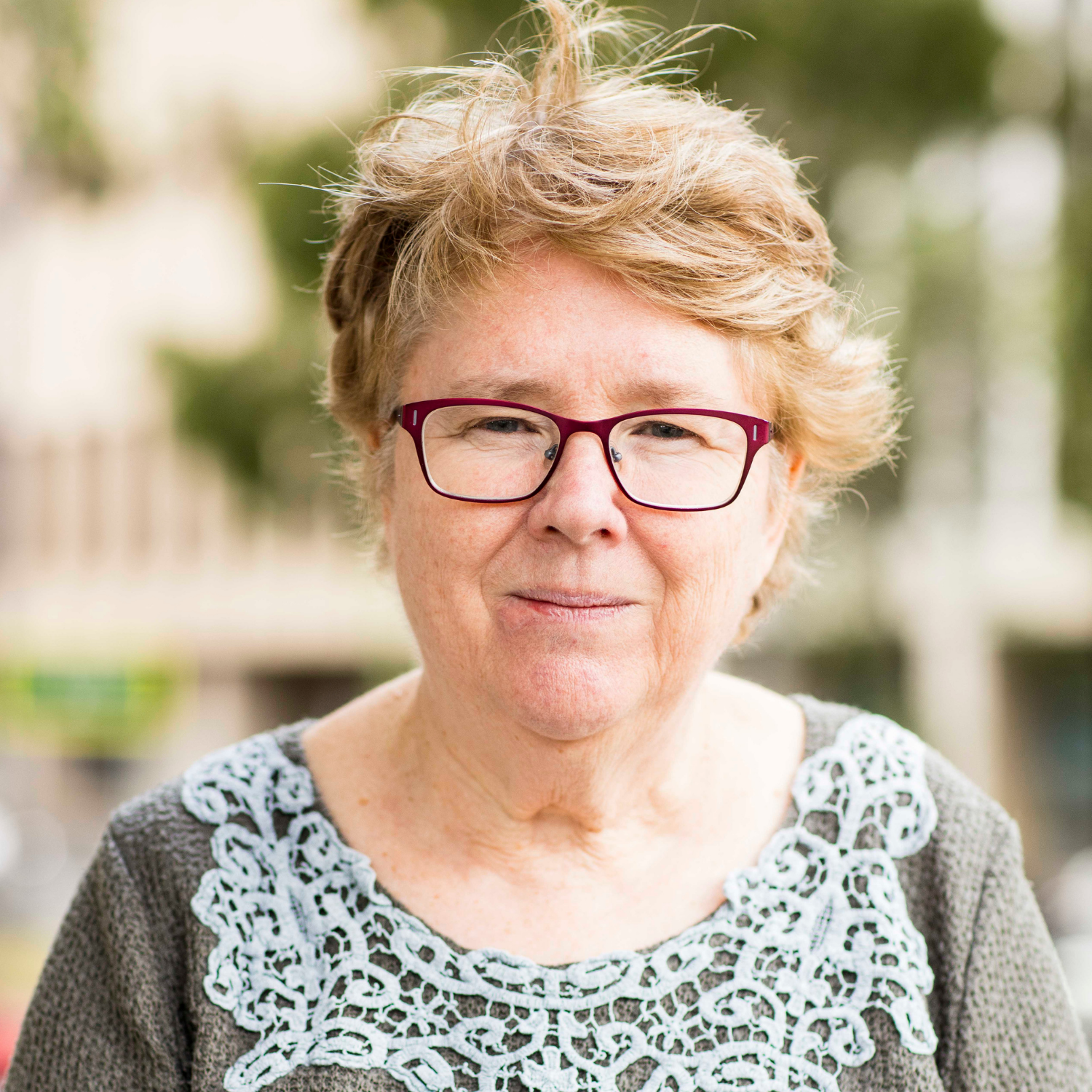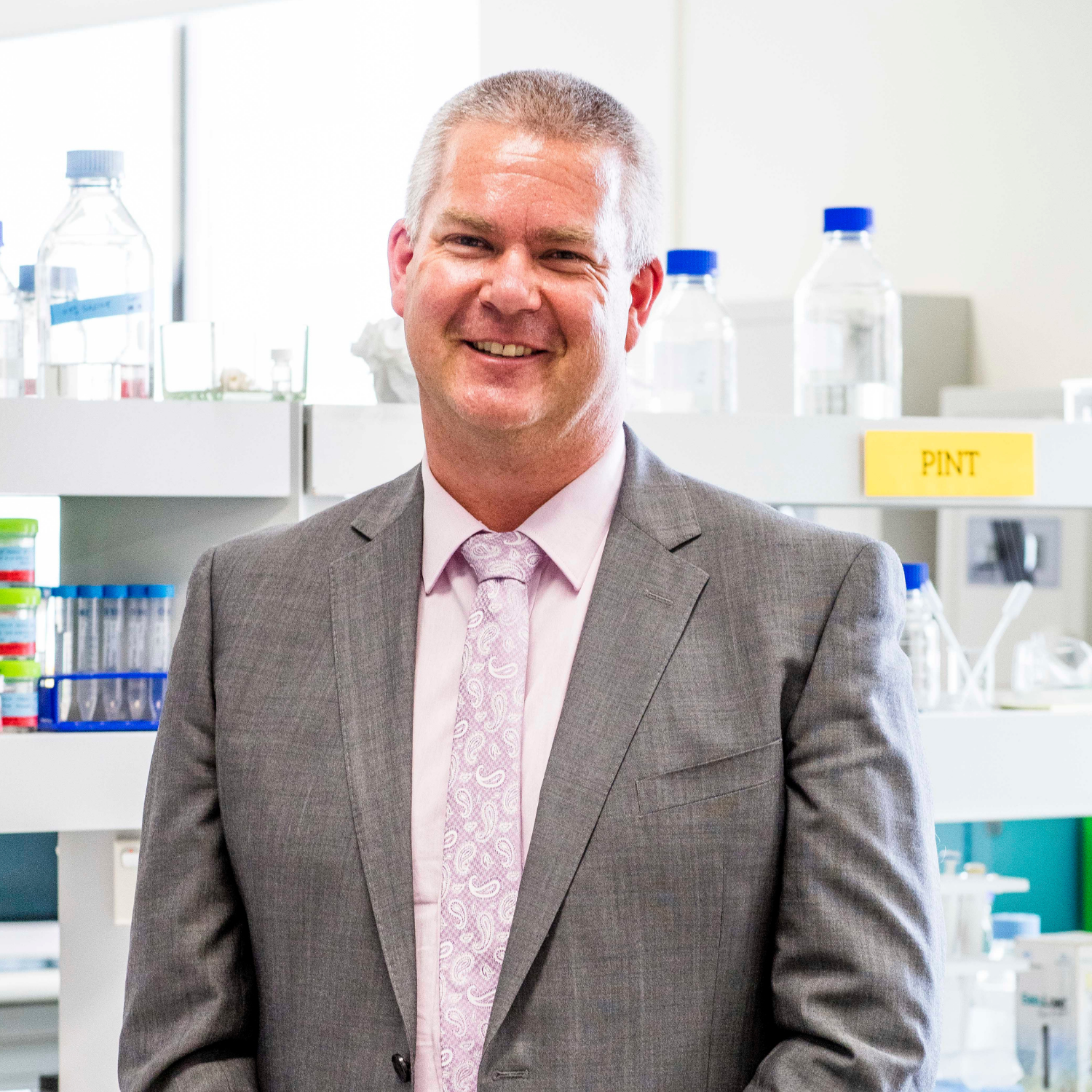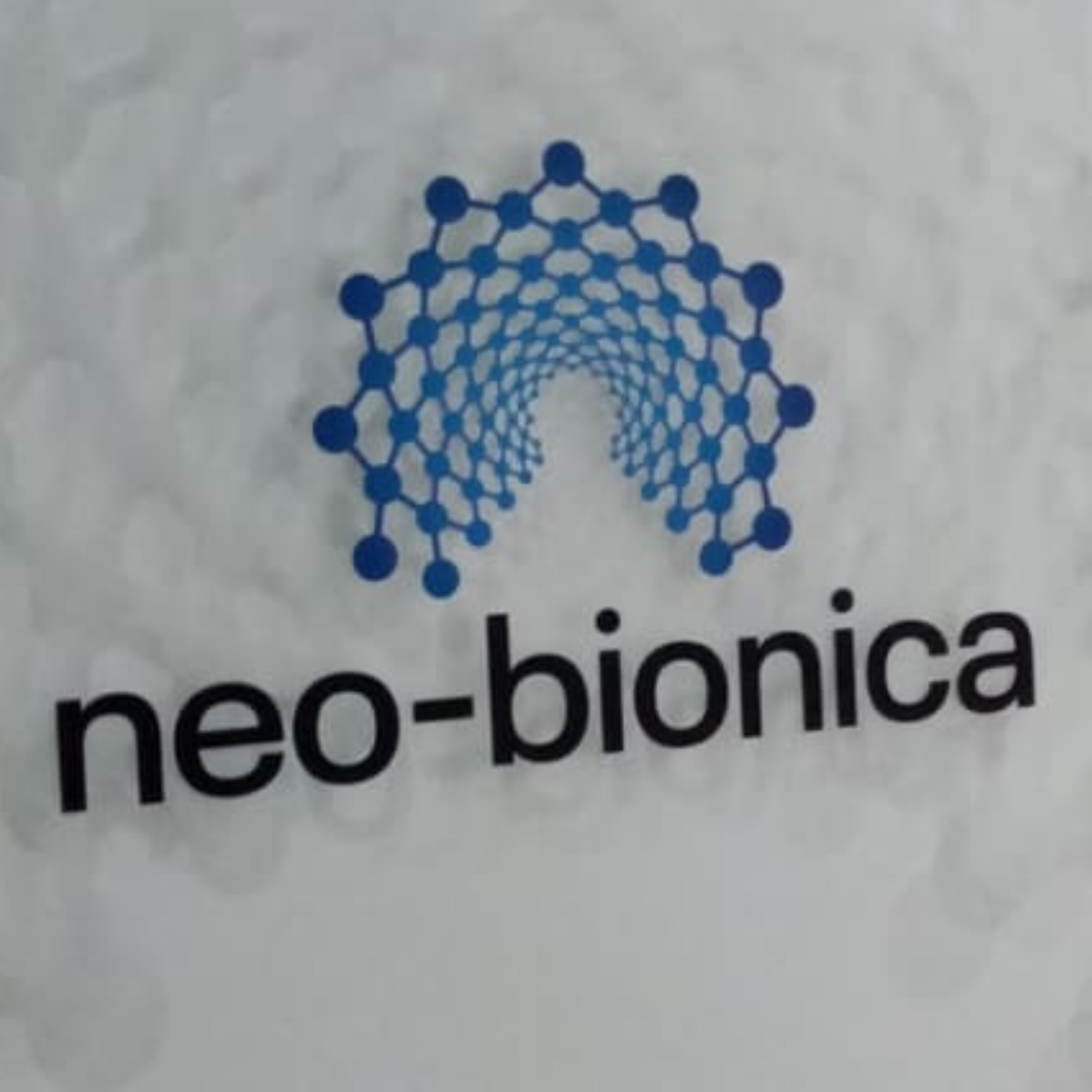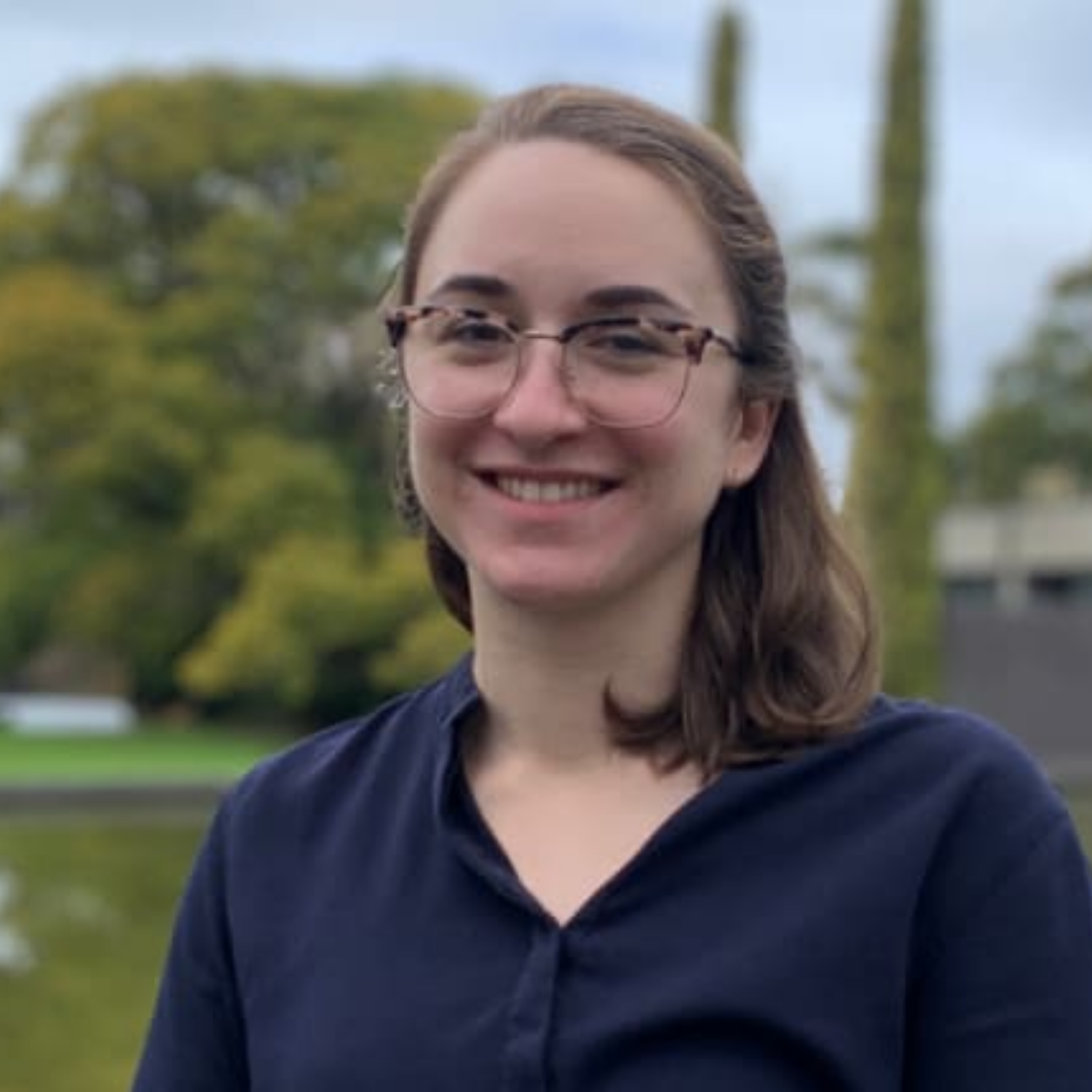A/Prof Wesley Thevathasan (MBBS Melb, FRACP, DPhil Oxf) is a Consultant Neurologist at The Royal Melbourne, Royal Children’s, Austin and St Vincent’s Hospitals in Melbourne and the Lions International Neurobionics Research Fellow at the Bionics Institute.
A/Prof Thevathasan has been collaborating with the Bionics Institute for several years in the area of Parkinson’s disease and its treatment through deep brain stimulation (DBS).
DBS has transformed the lives of many people with Parkinson’s disease by reducing movement symptoms such as slowness, gait disturbance and tremor. For this treatment, surgeons need to insert electrodes to stimulate a tiny part of the brain – the size of a coffee bean – and patients need to be awake. At the present time, patients may not receive optimal benefit from this surgery due to a variety of factors such as inaccurate implantation of electrodes, the level of DBS stimulation being determined largely through trial-and-error, and reliance on the experience of clinicians.
As a clinician treating patients living with Parkinson’s disease, A/Prof Thevathasan frequently observes the limitations of DBS surgery and this is highly motivating for A/Prof Thevathasan to improve DBS surgery and make the treatment respond better to the needs of individual patients.
In 2018, the Bionics Institute team, led by Prof Hugh McDermott along with A/Prof Thevathasan, discovered a unique brain signal that could be used to guide and improve the accuracy of implantation of DBS electrodes. This newly discovered brain signal also enables surgery to be performed under full anesthetic, avoiding the need for patients to be awake. A daunting prospect which discourages those who could benefit from this treatment.
Our discovery has transformed the way neurosurgeons can perform the DBS procedure, and will underpin an advanced and ‘adaptive’ DBS system that can respond to patients’ changing symptoms.
Image: A/Prof Wesley Thevathasan (L) and Prof Hugh McDermott
The Bionics Institute has provided a world leading framework for clinicians and engineers and business people to work in collaboration, to harness our summed expertise to develop device assisted therapies. I have experience of clinical neurology and research in many areas in the world, and the model that the Bionics Institute has adopted is unique – and demonstrates that incredible things can happen when medical and technical experts from different areas collaborate with a shared mission. A/Prof Wes Thevathasan
